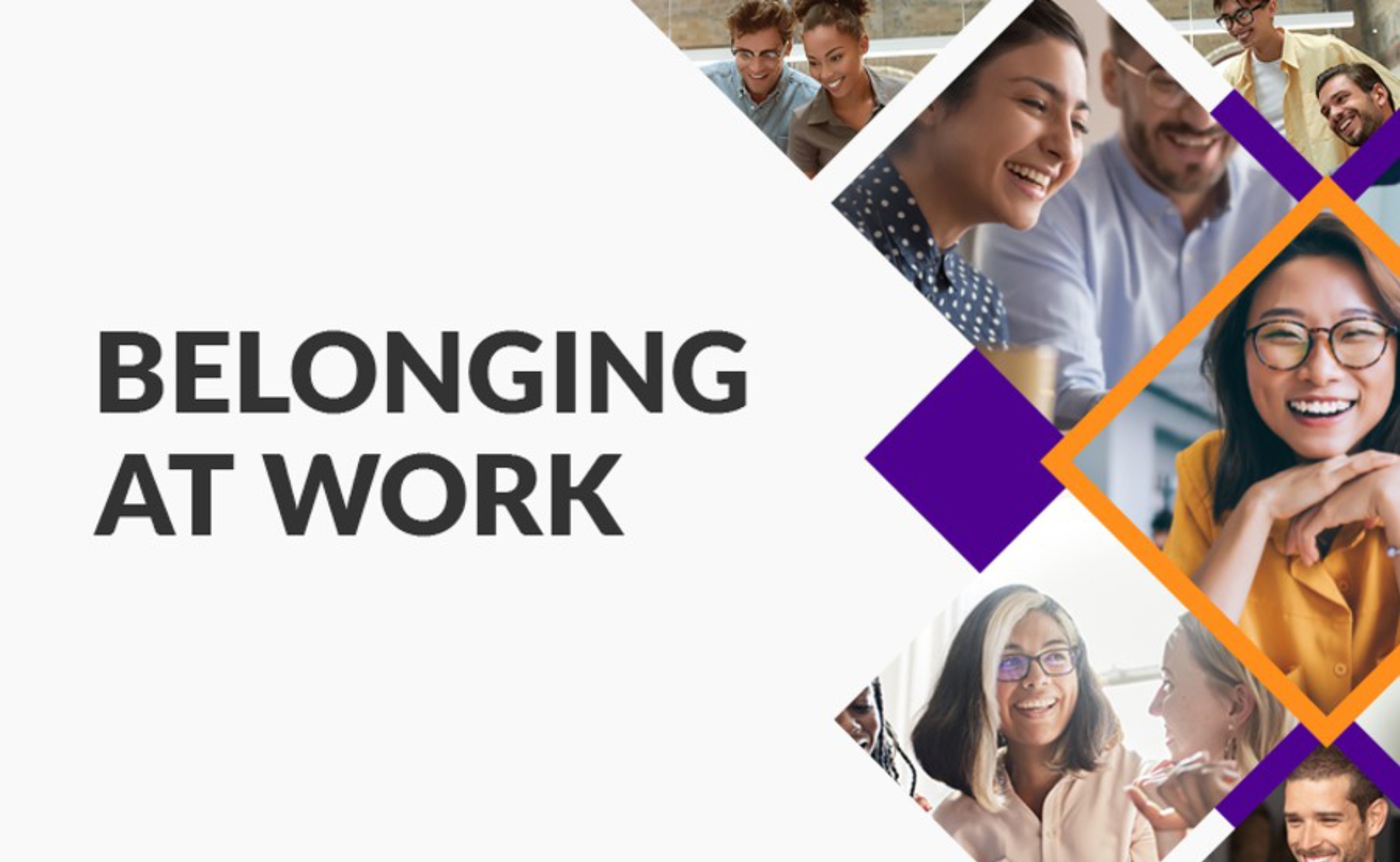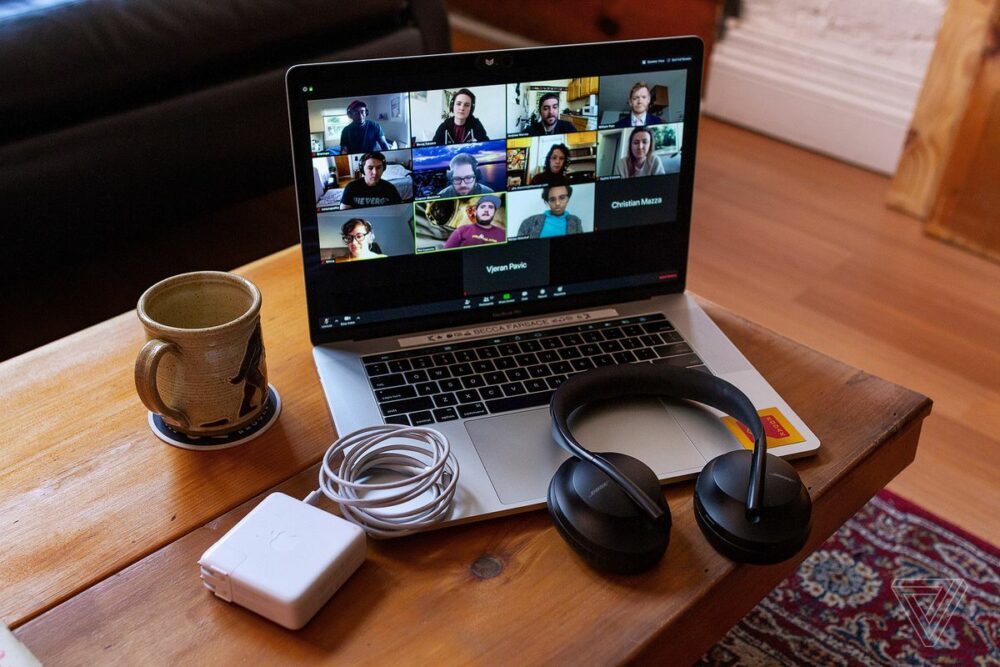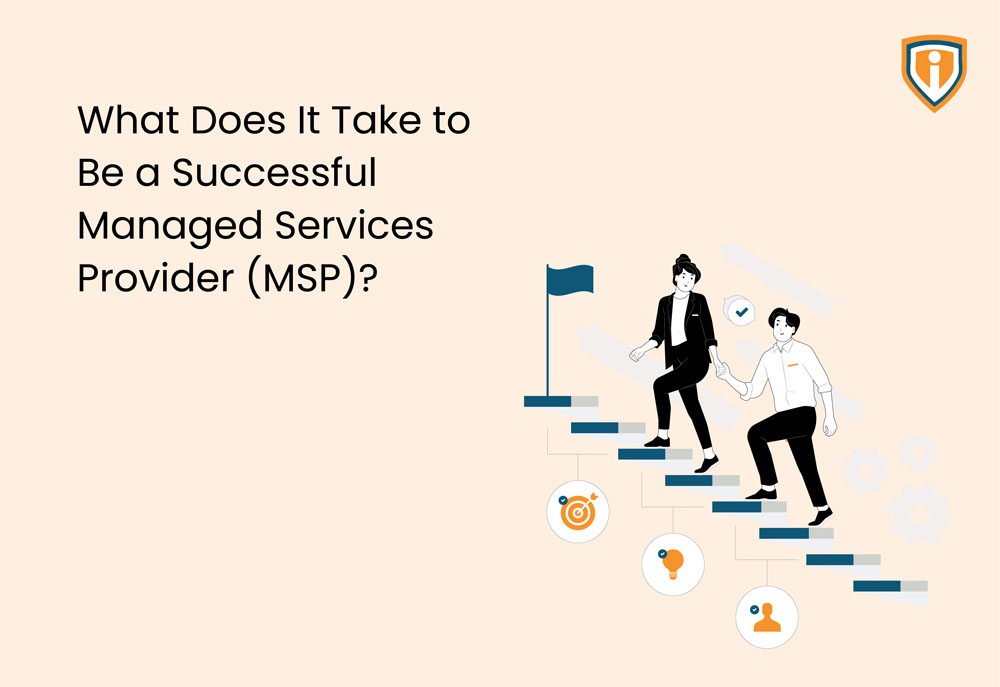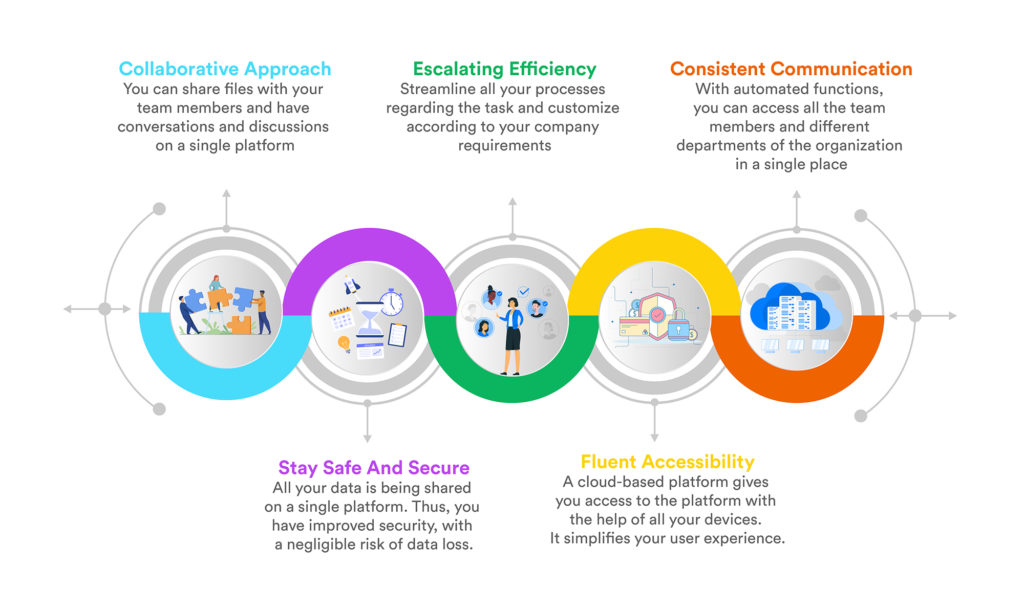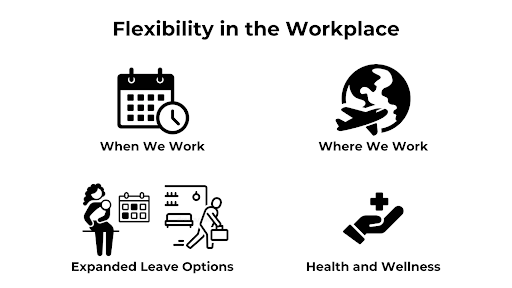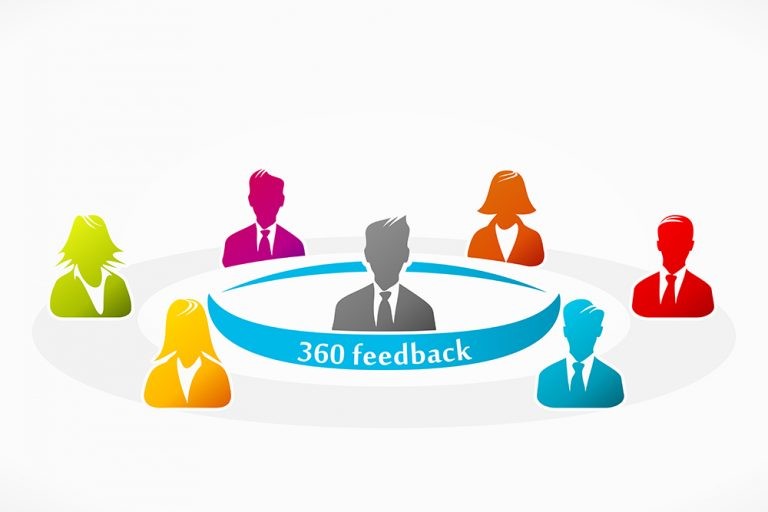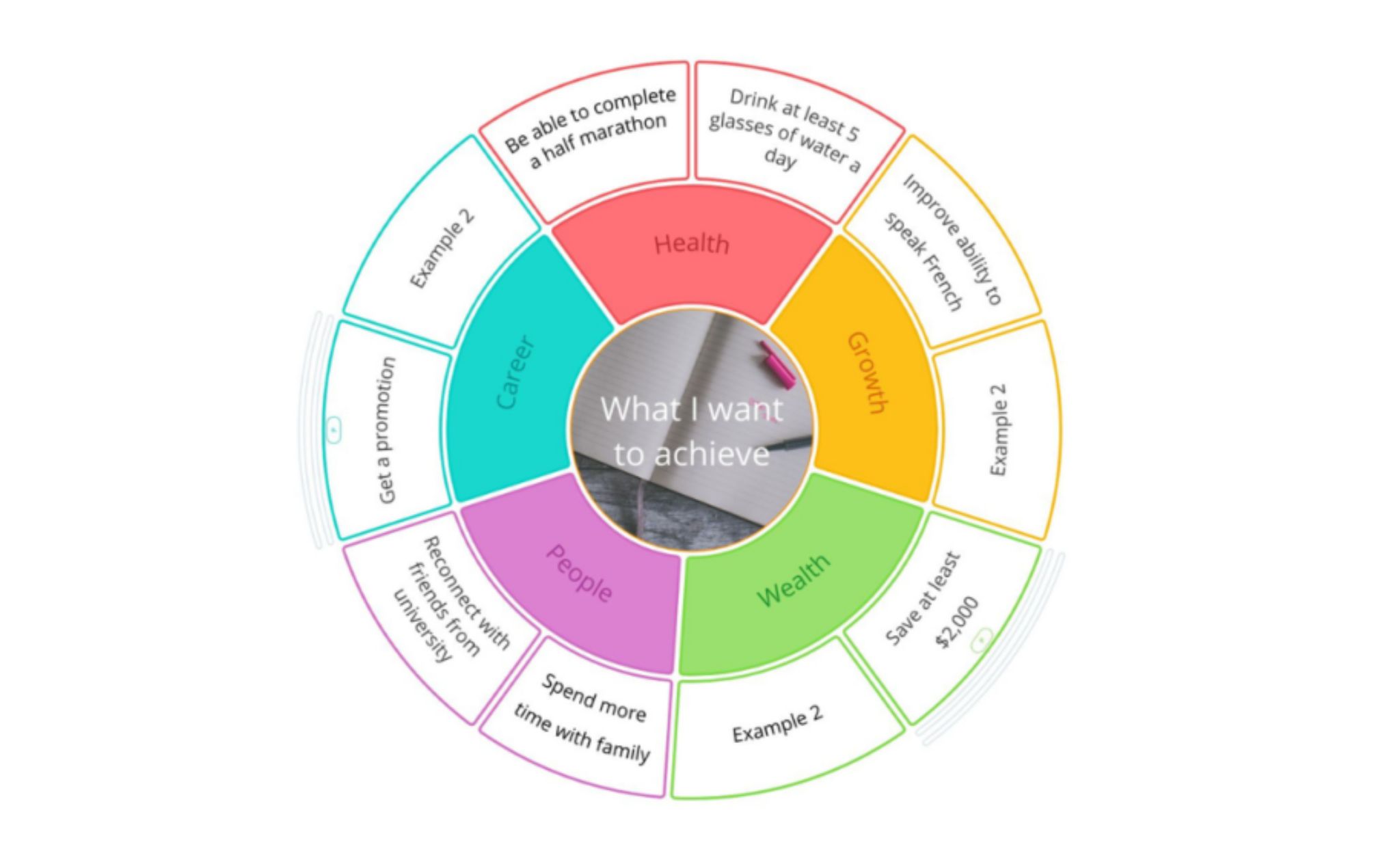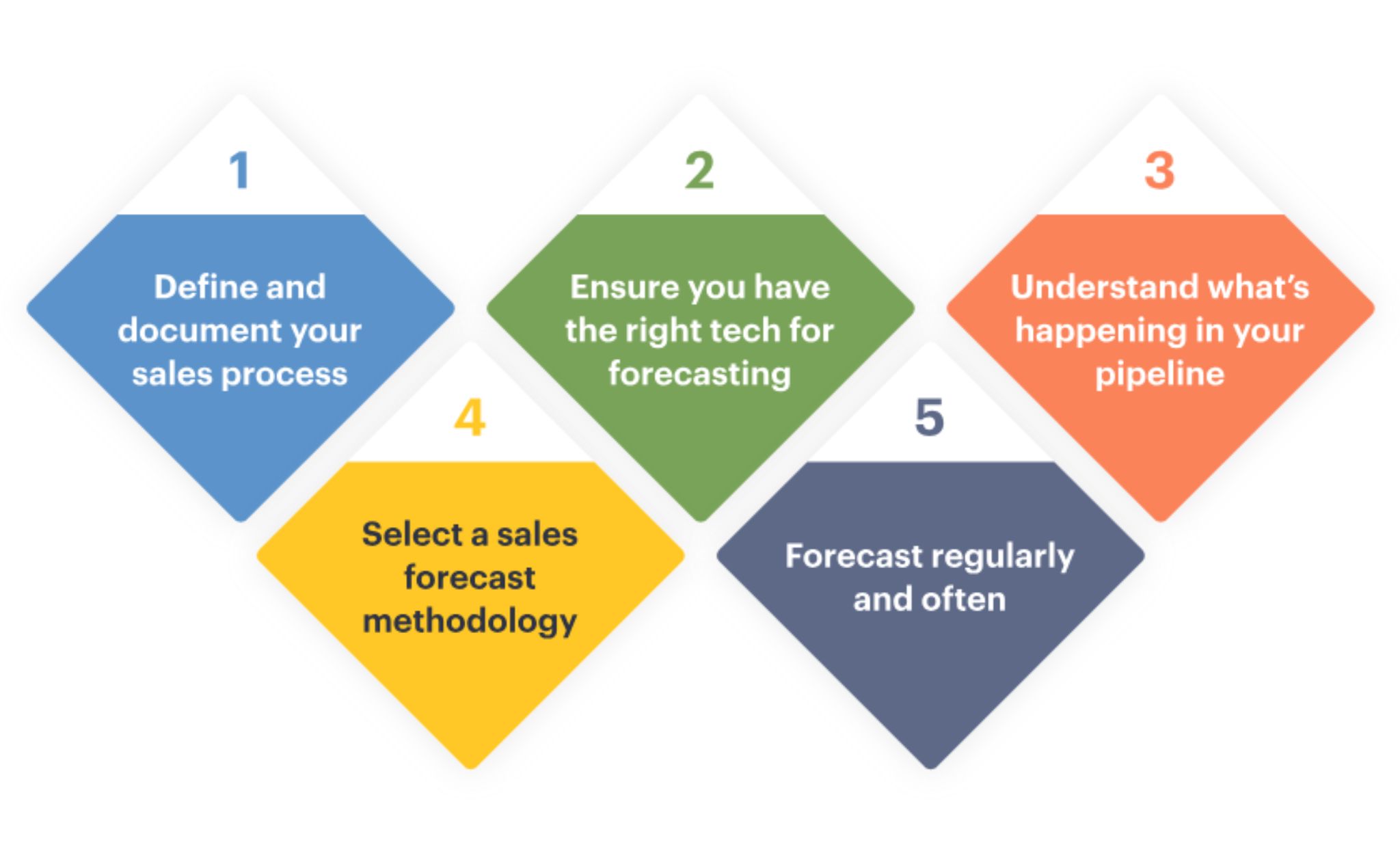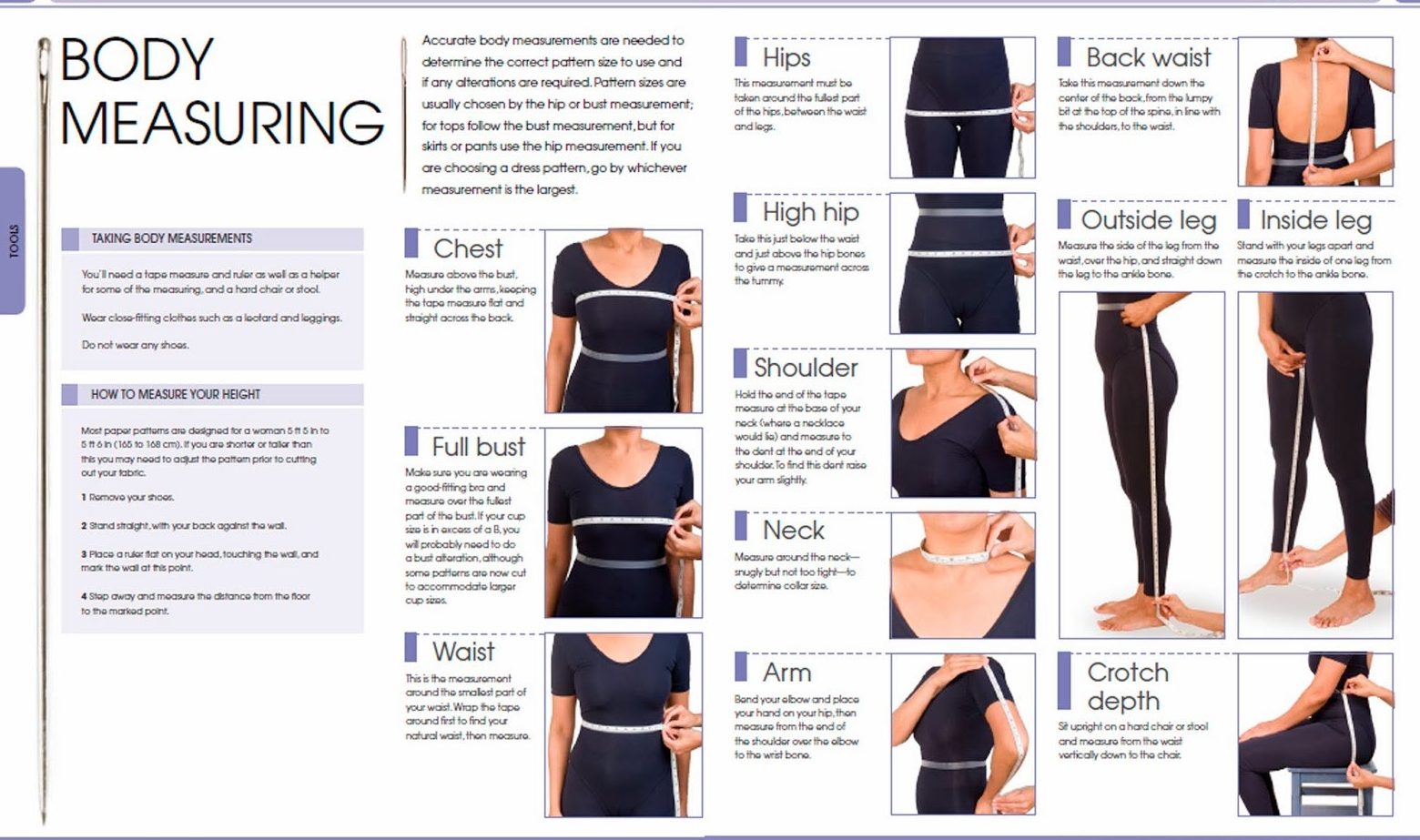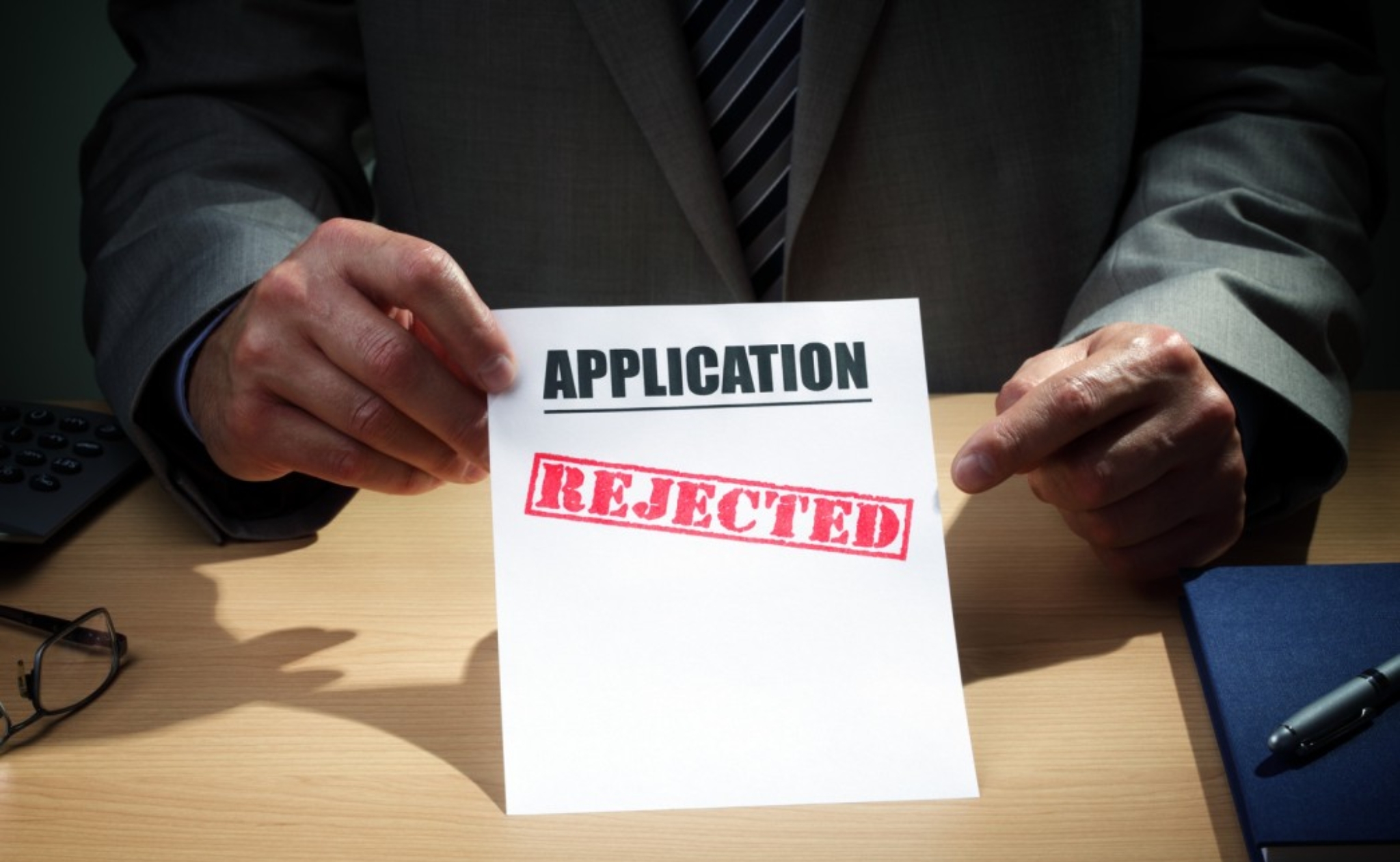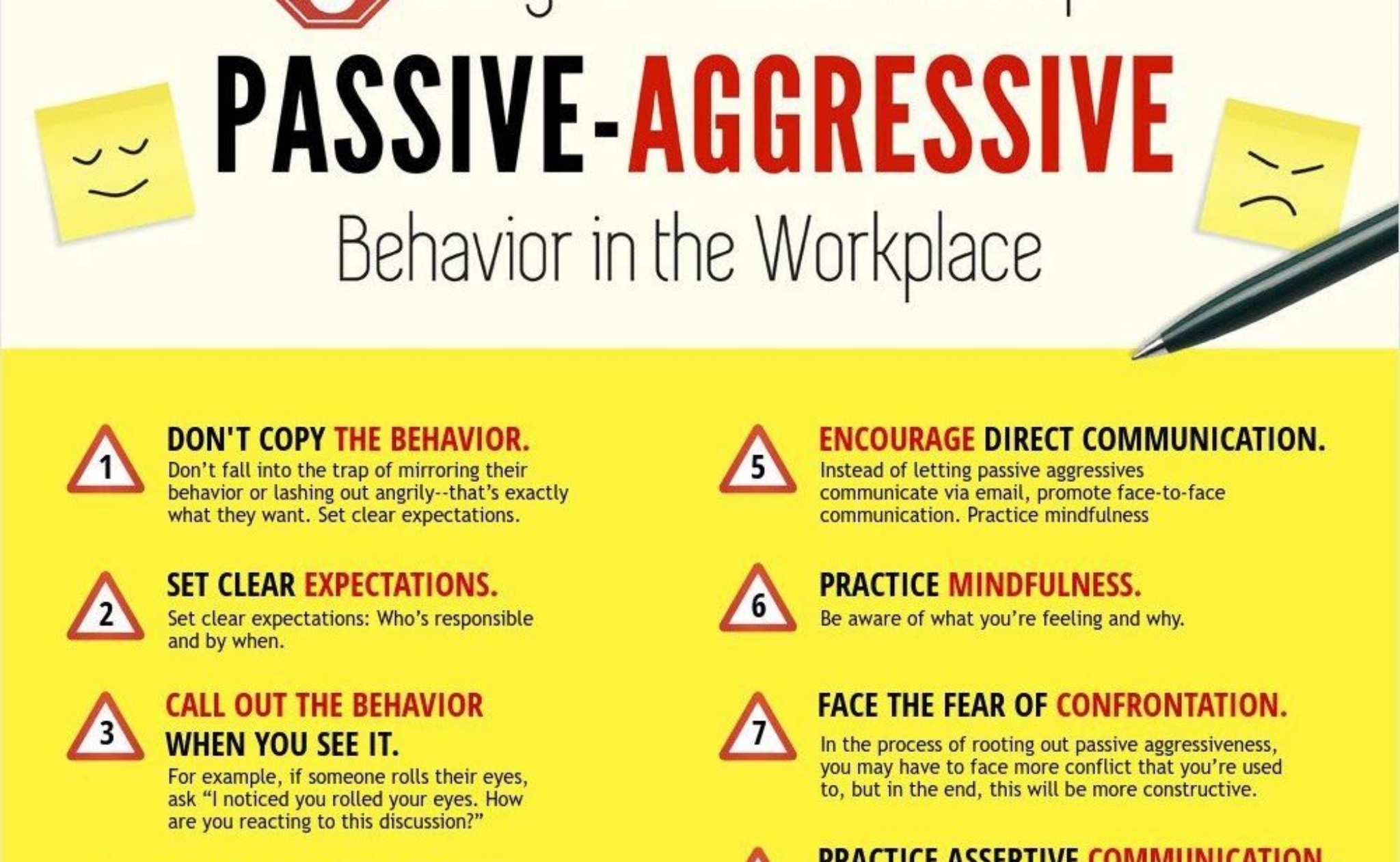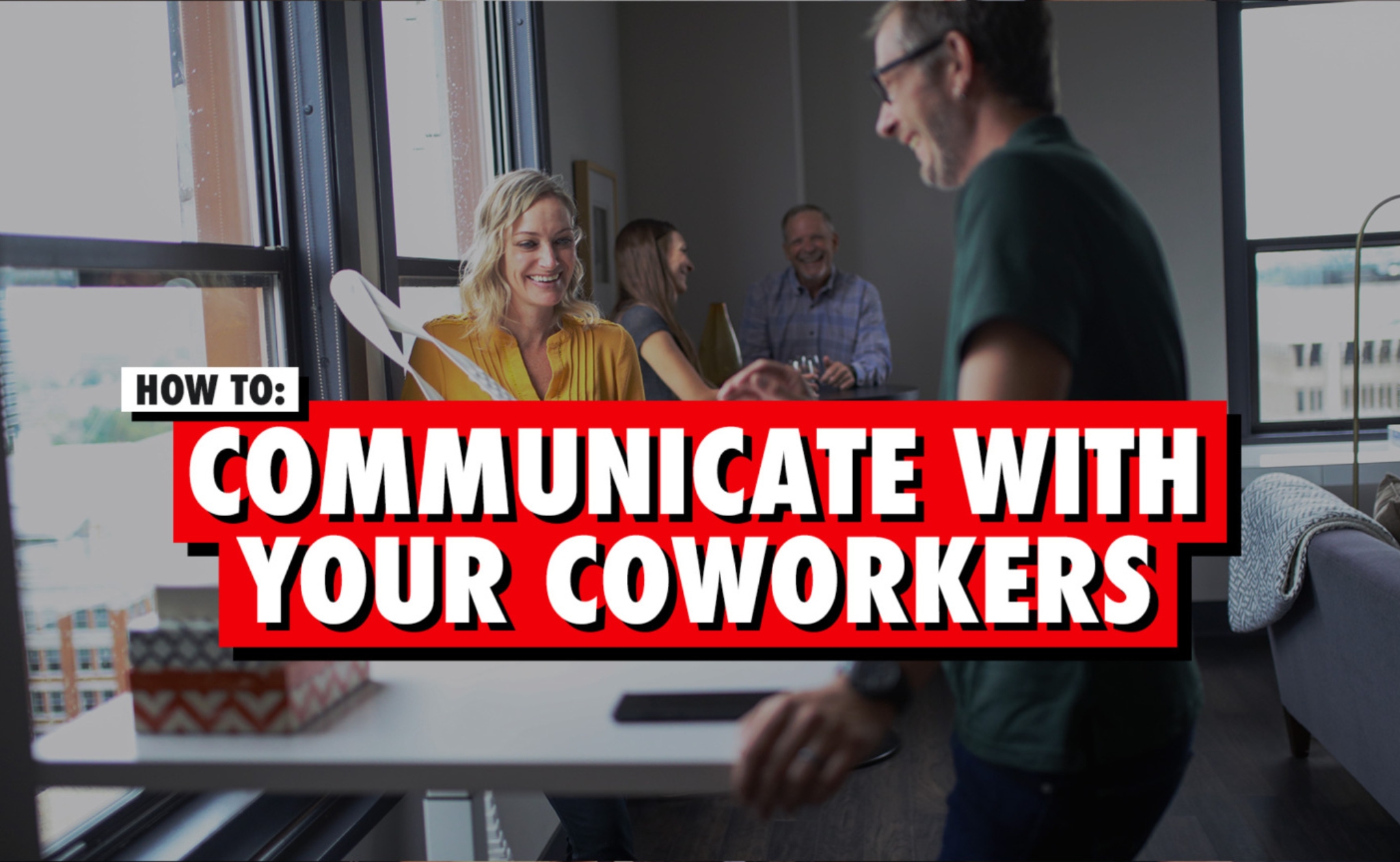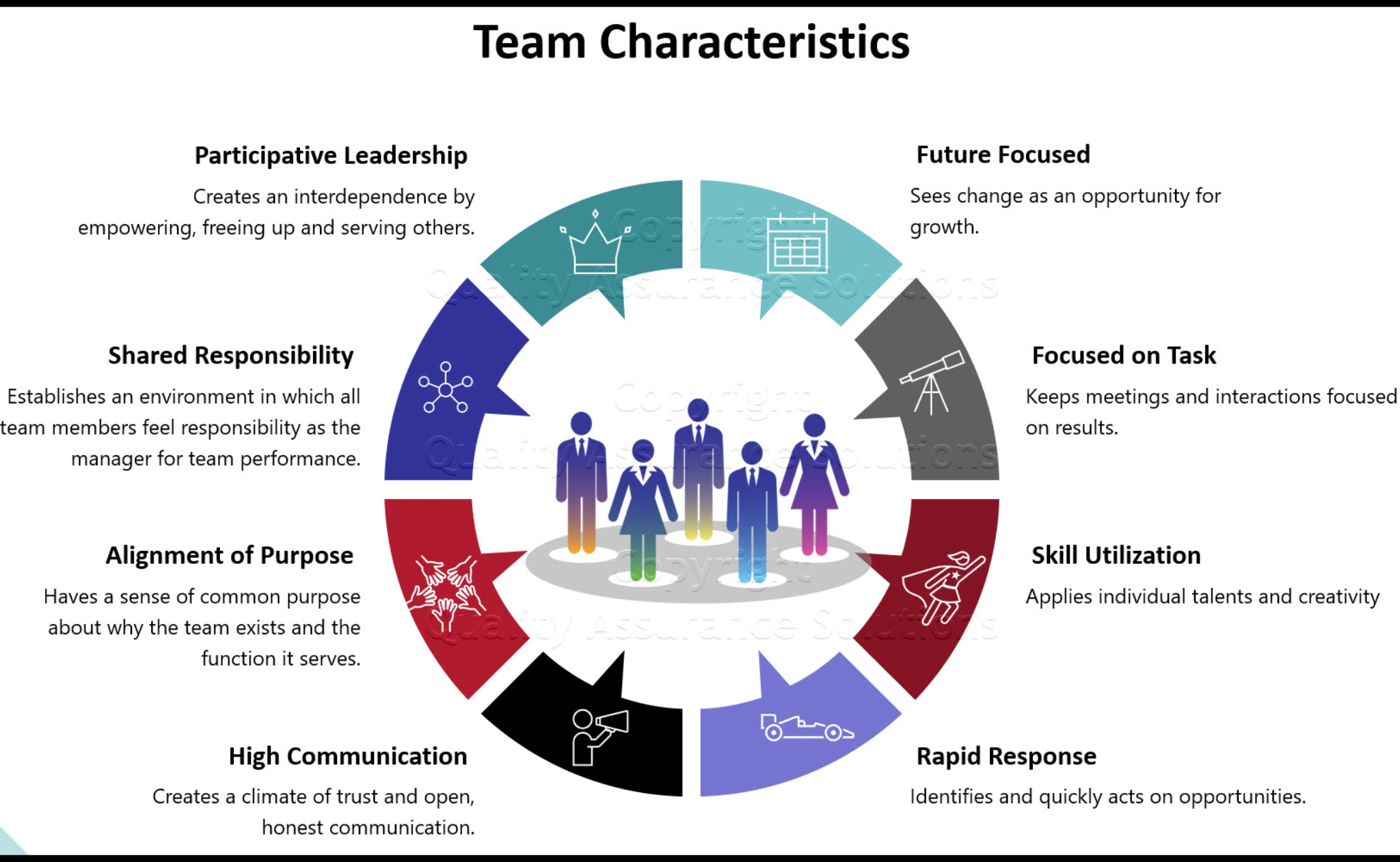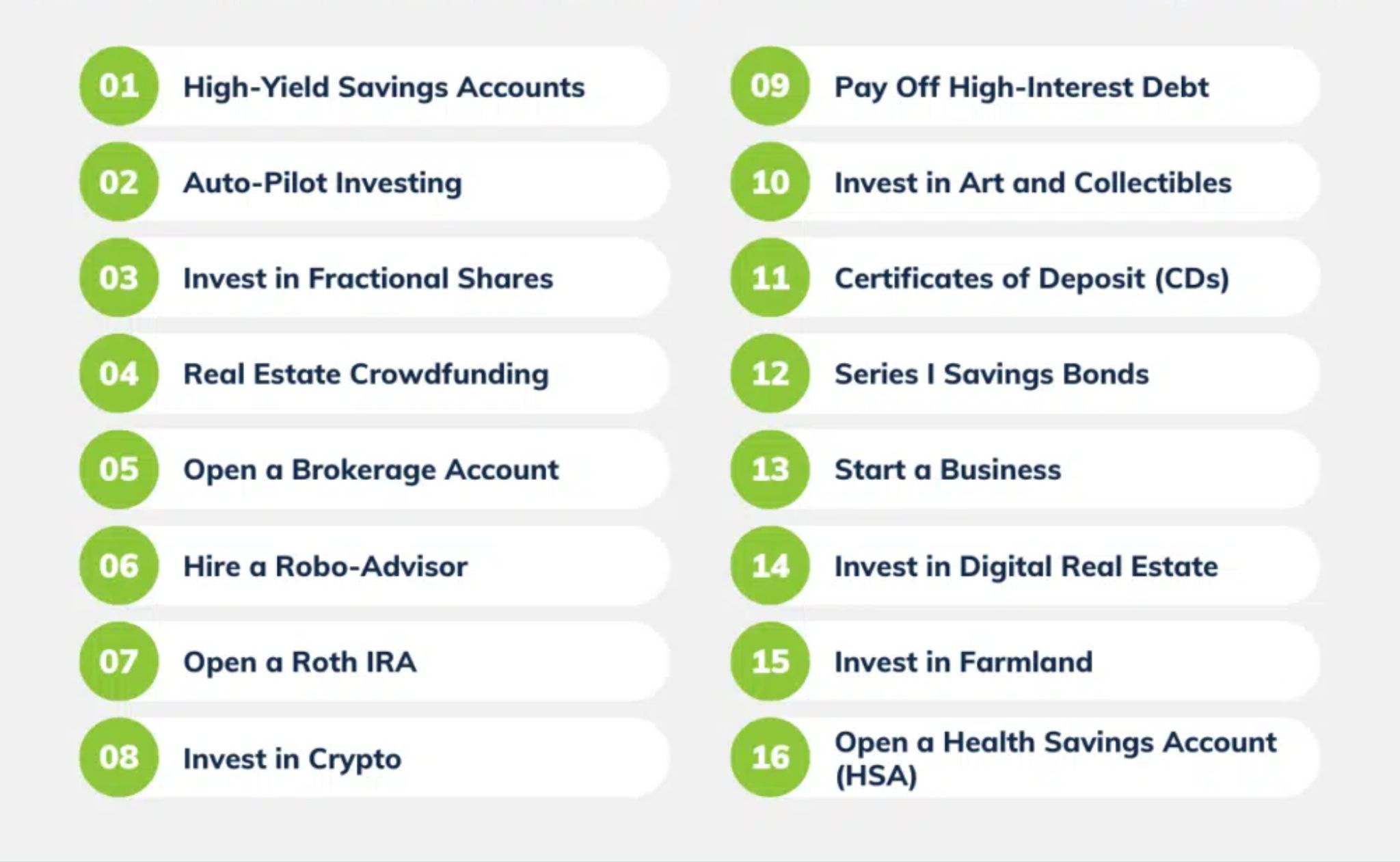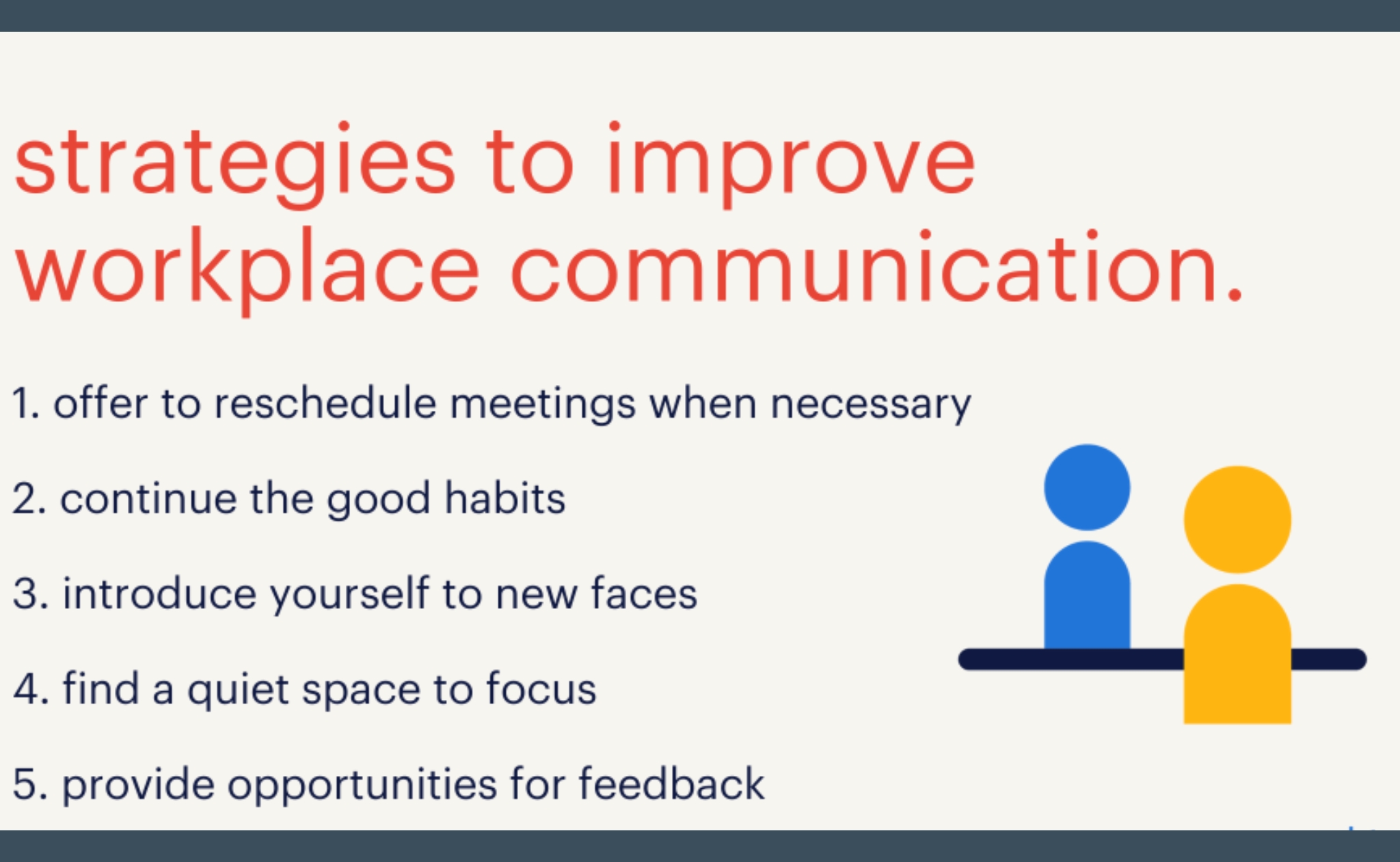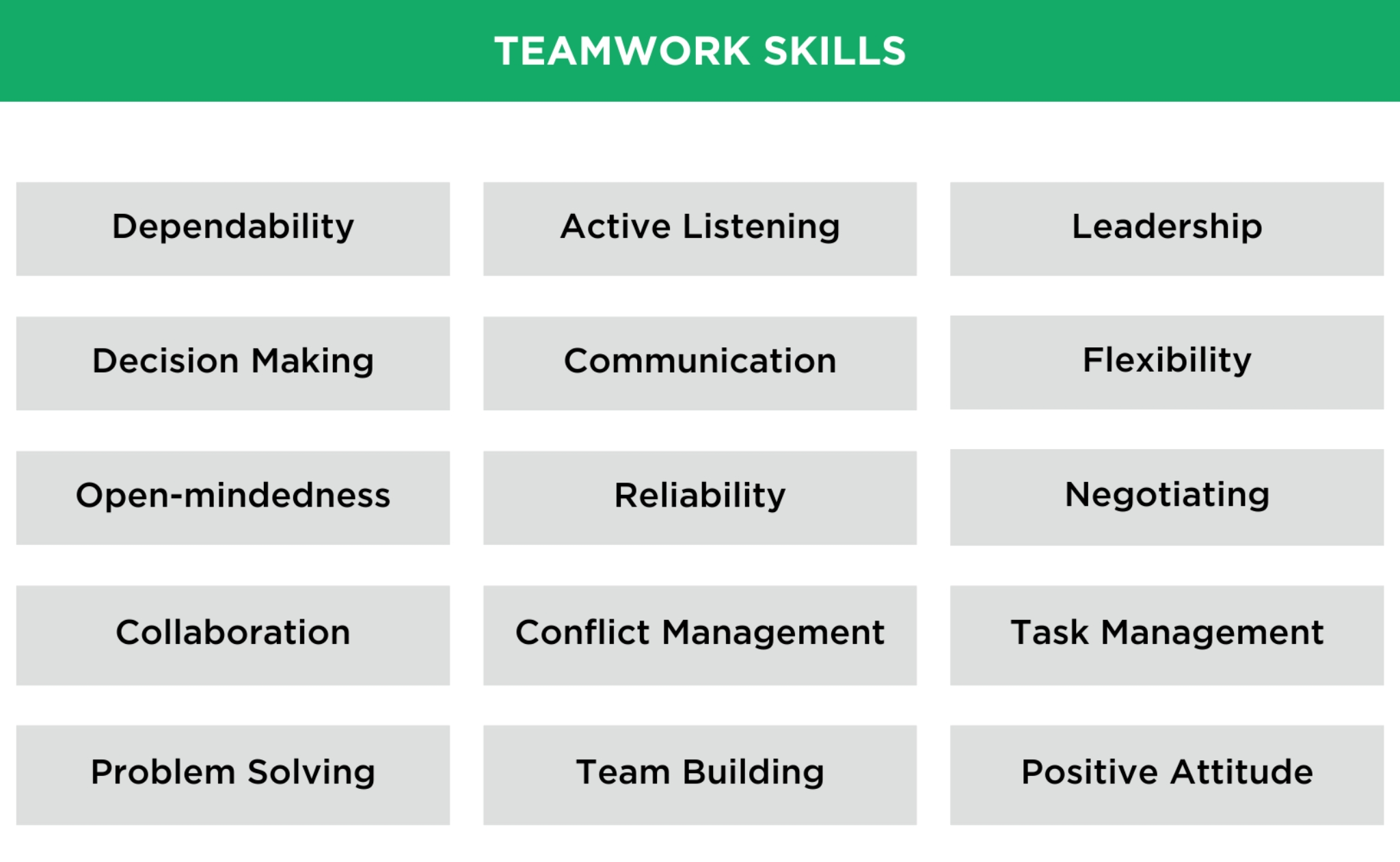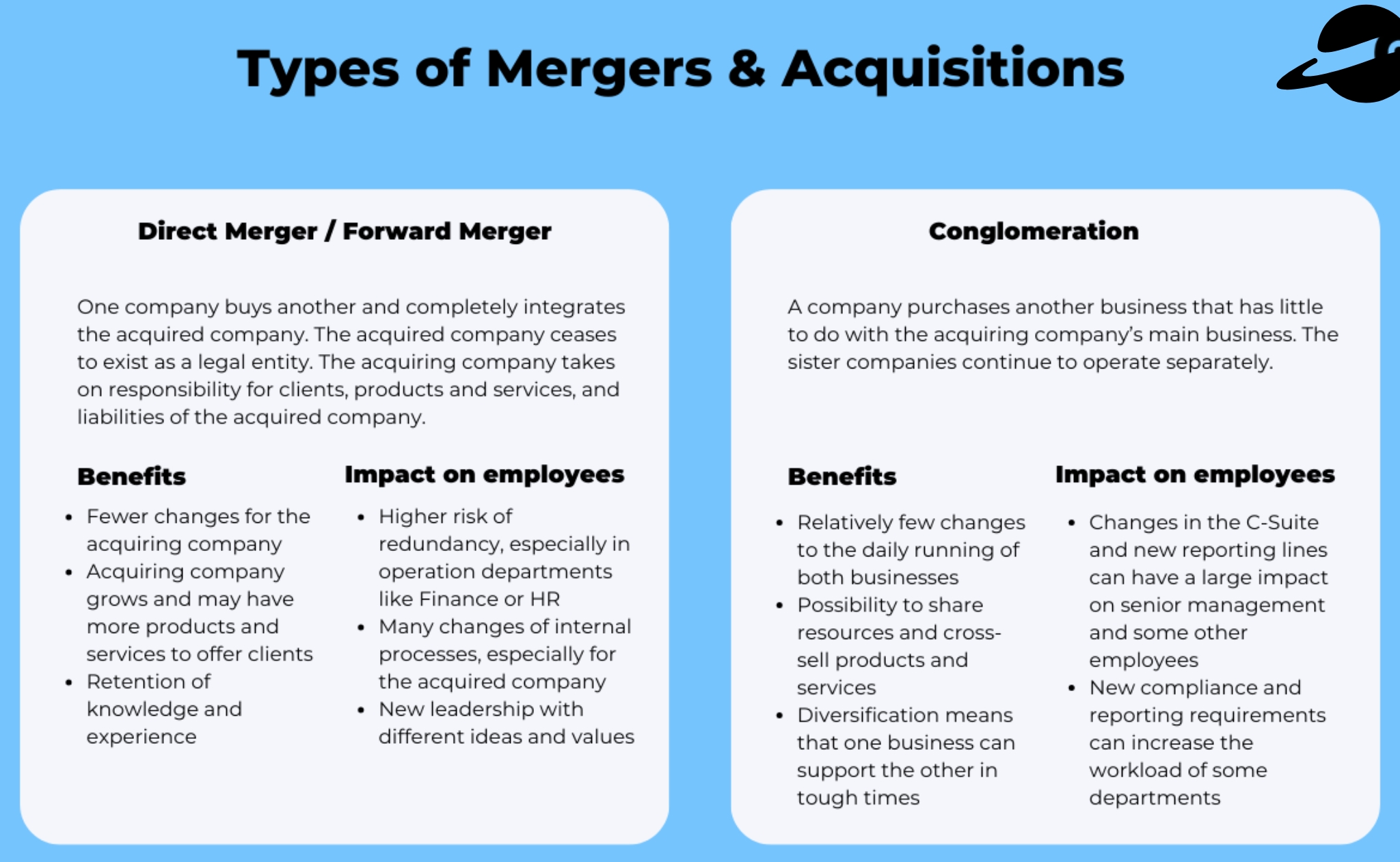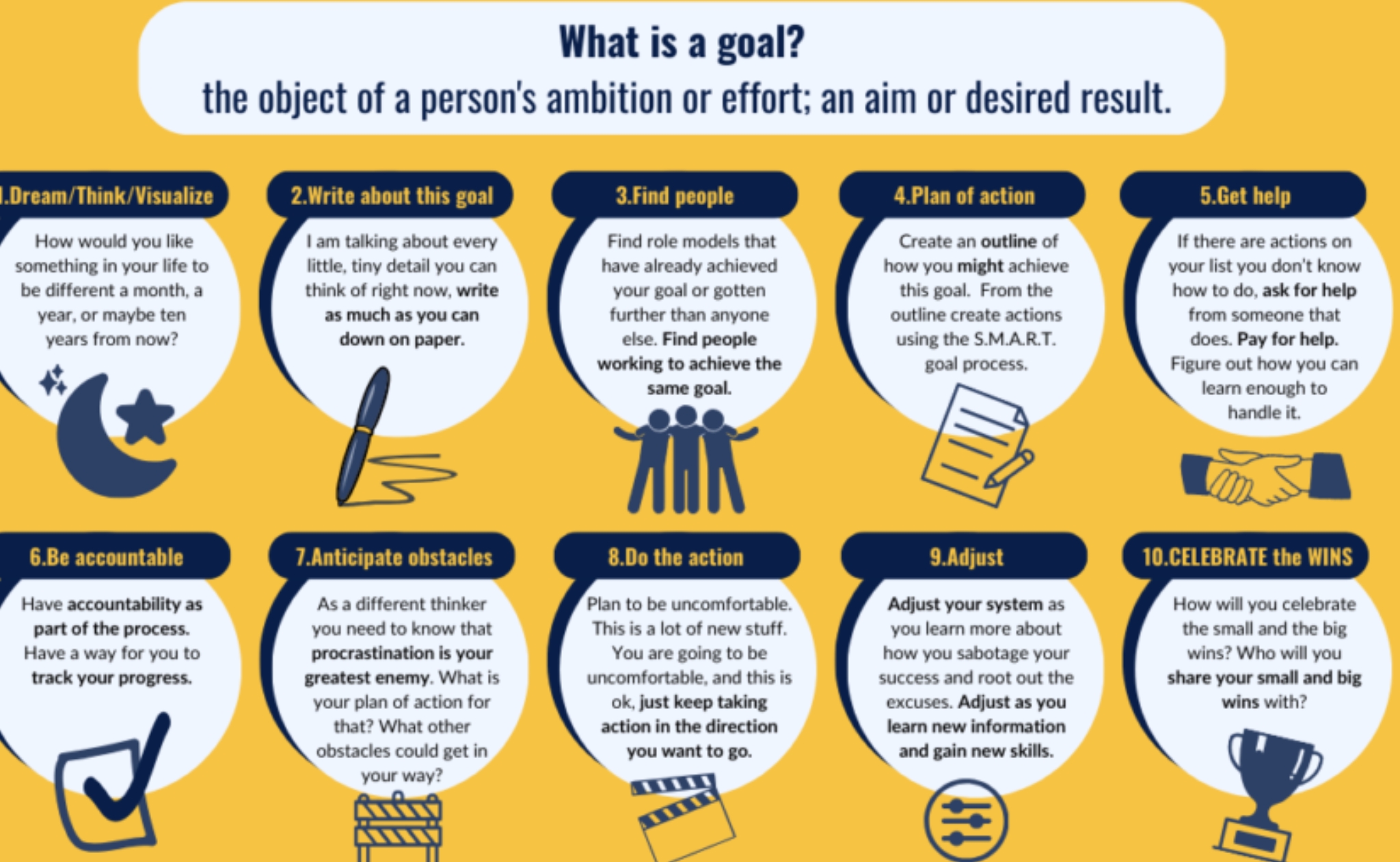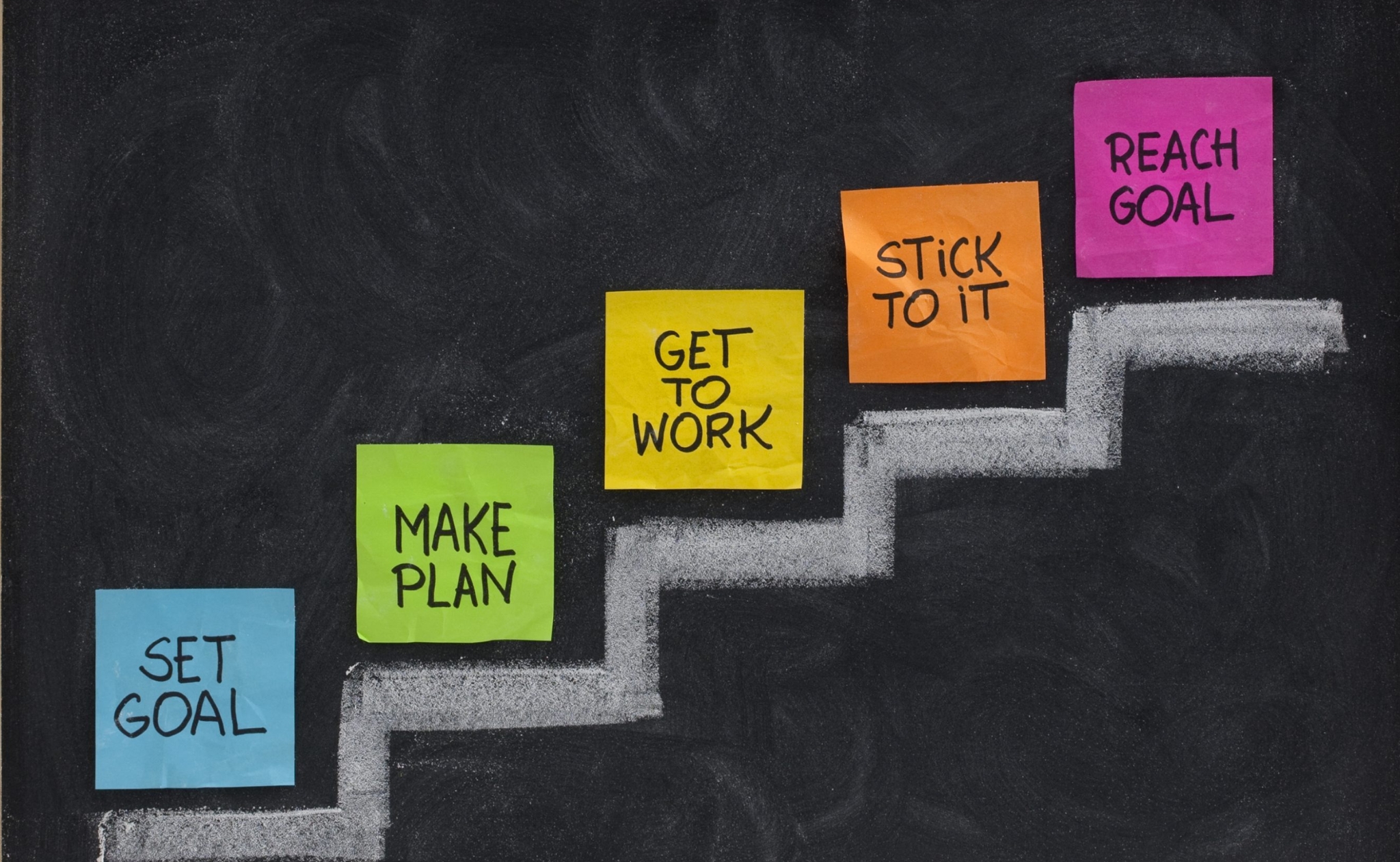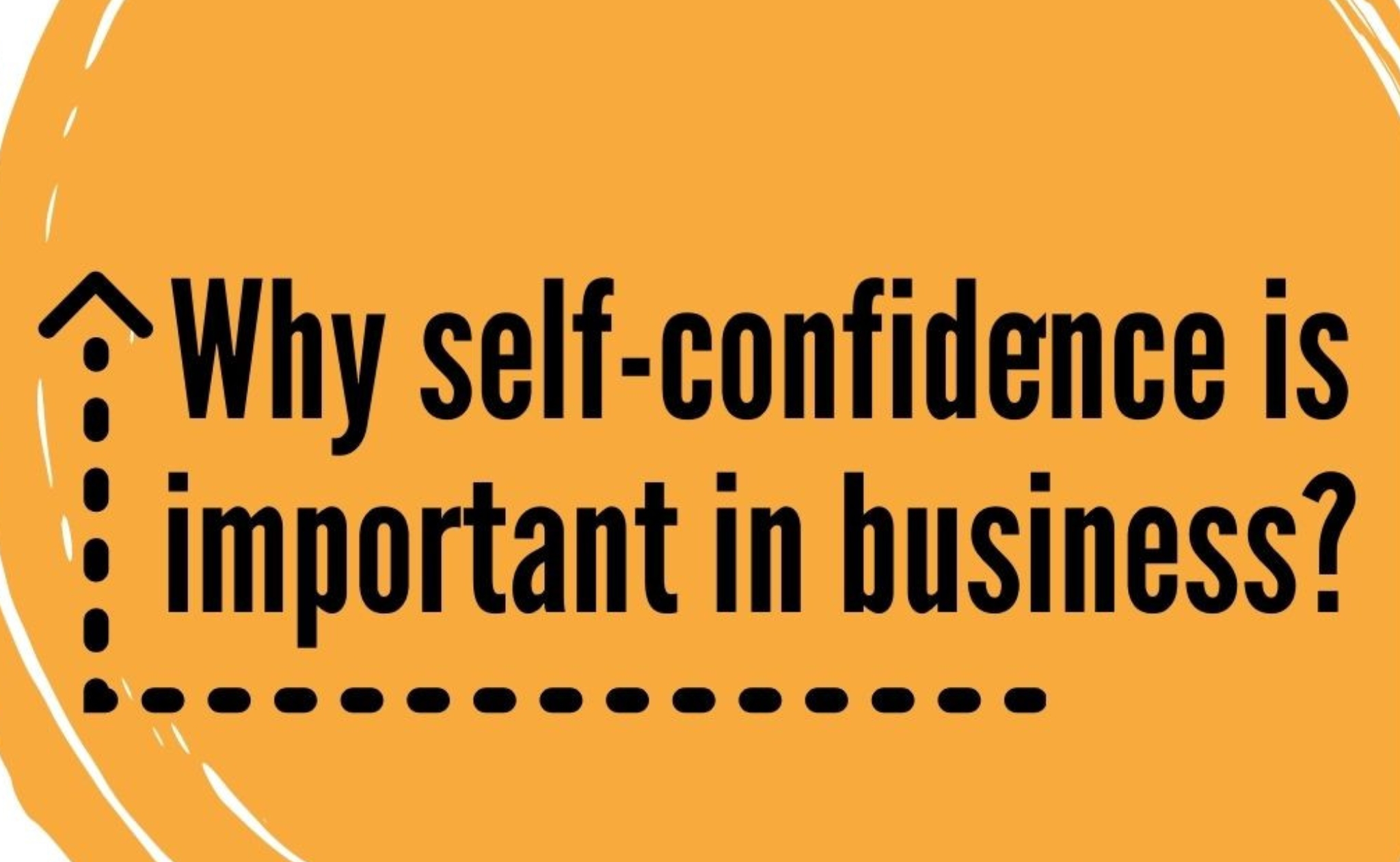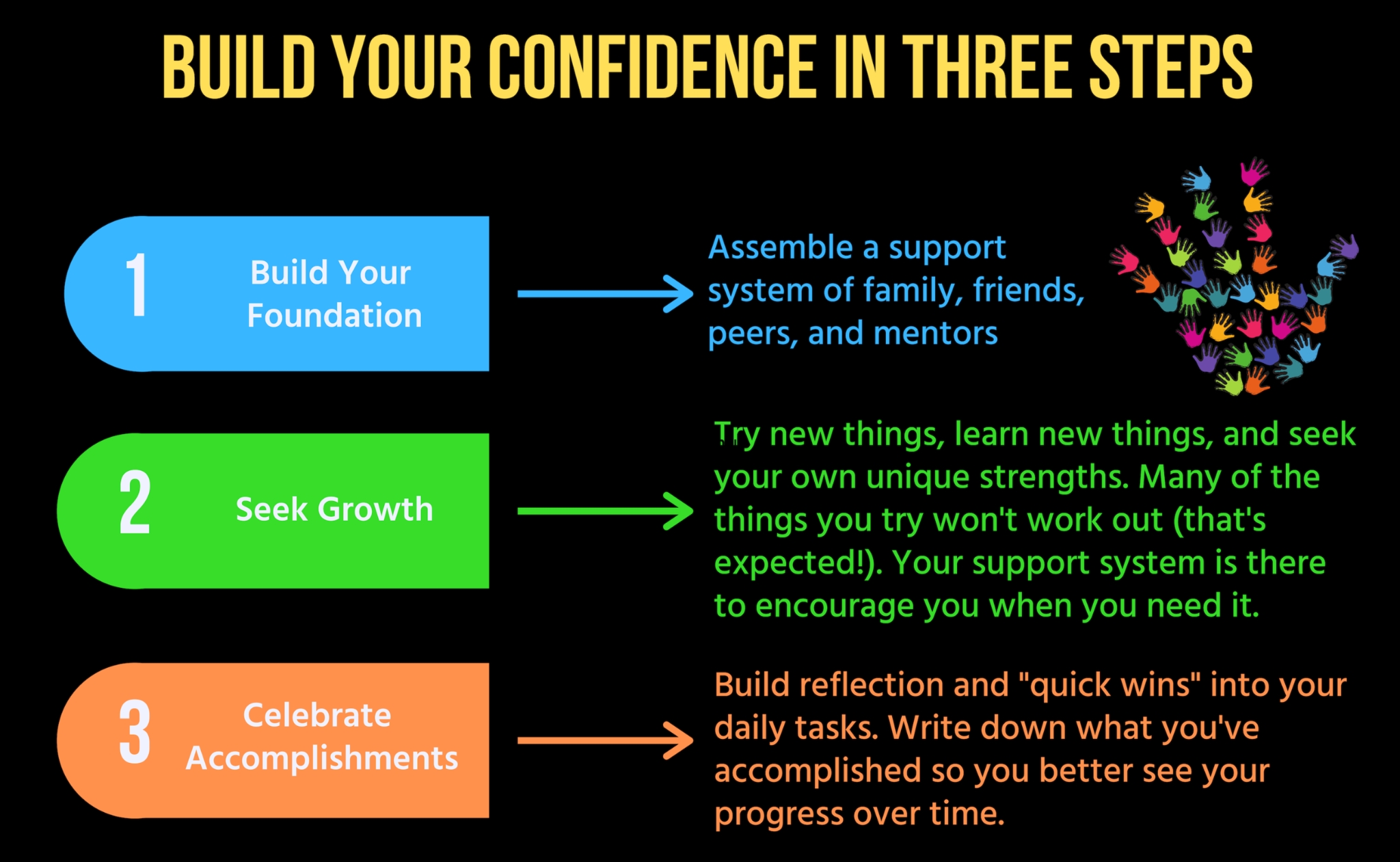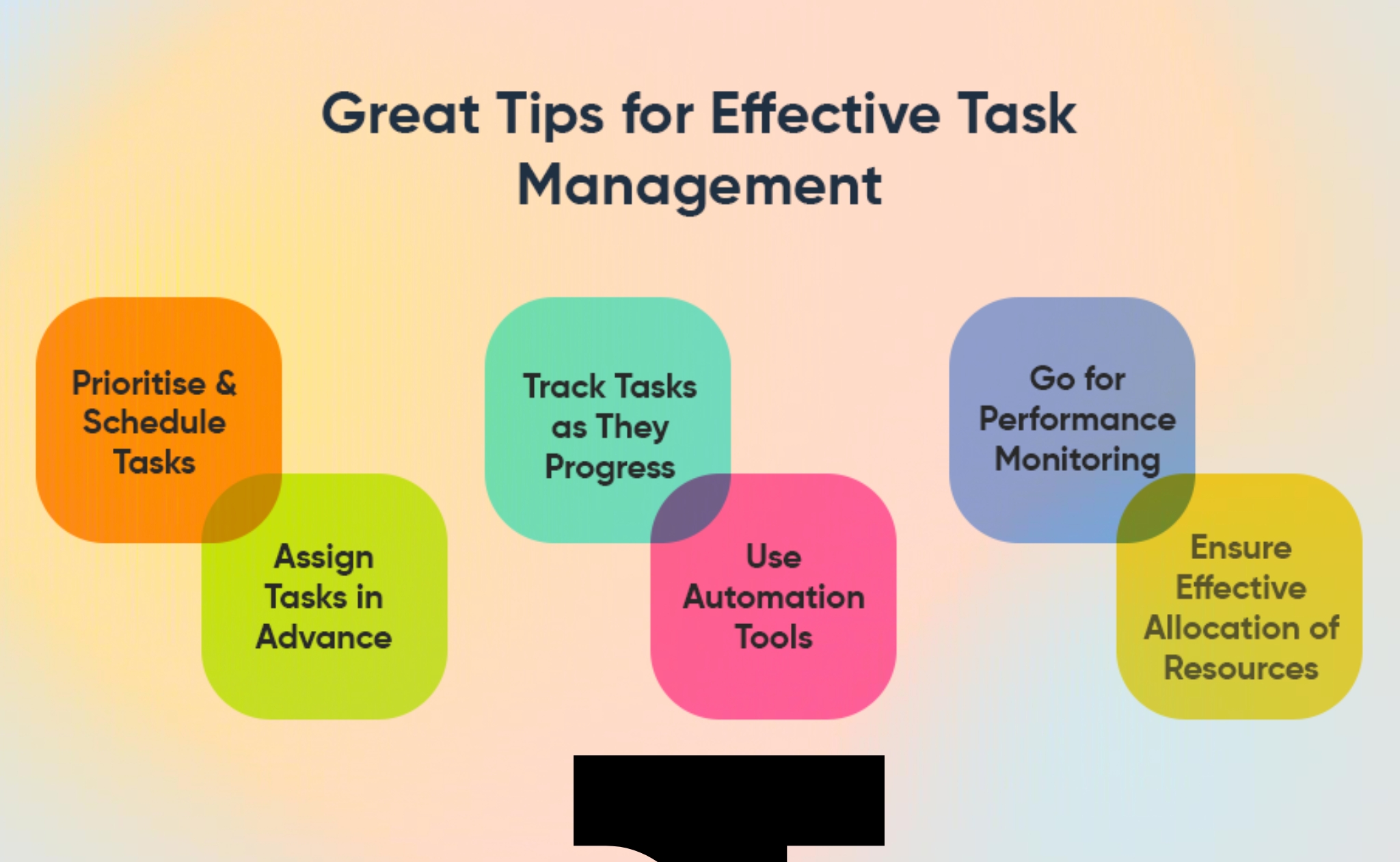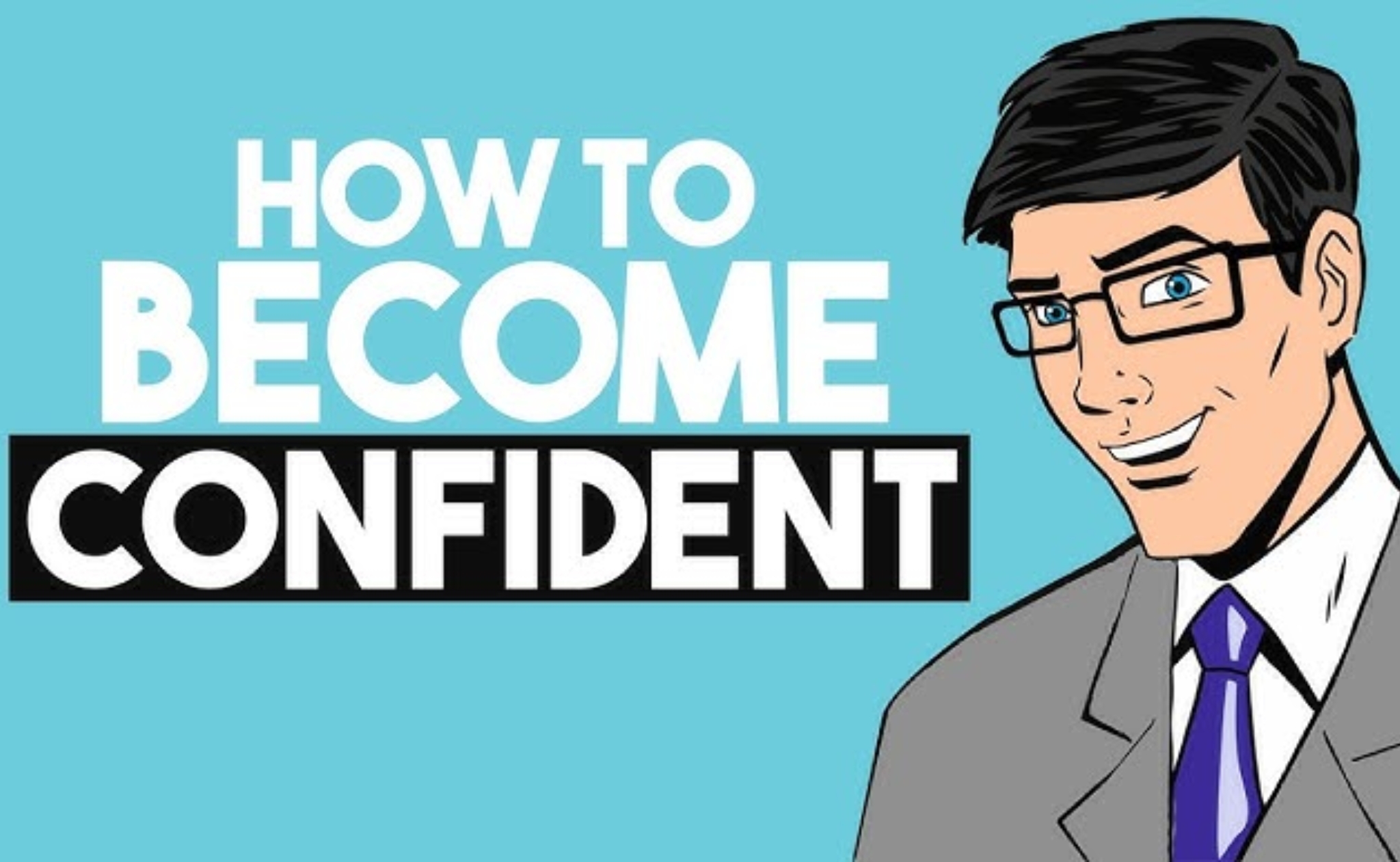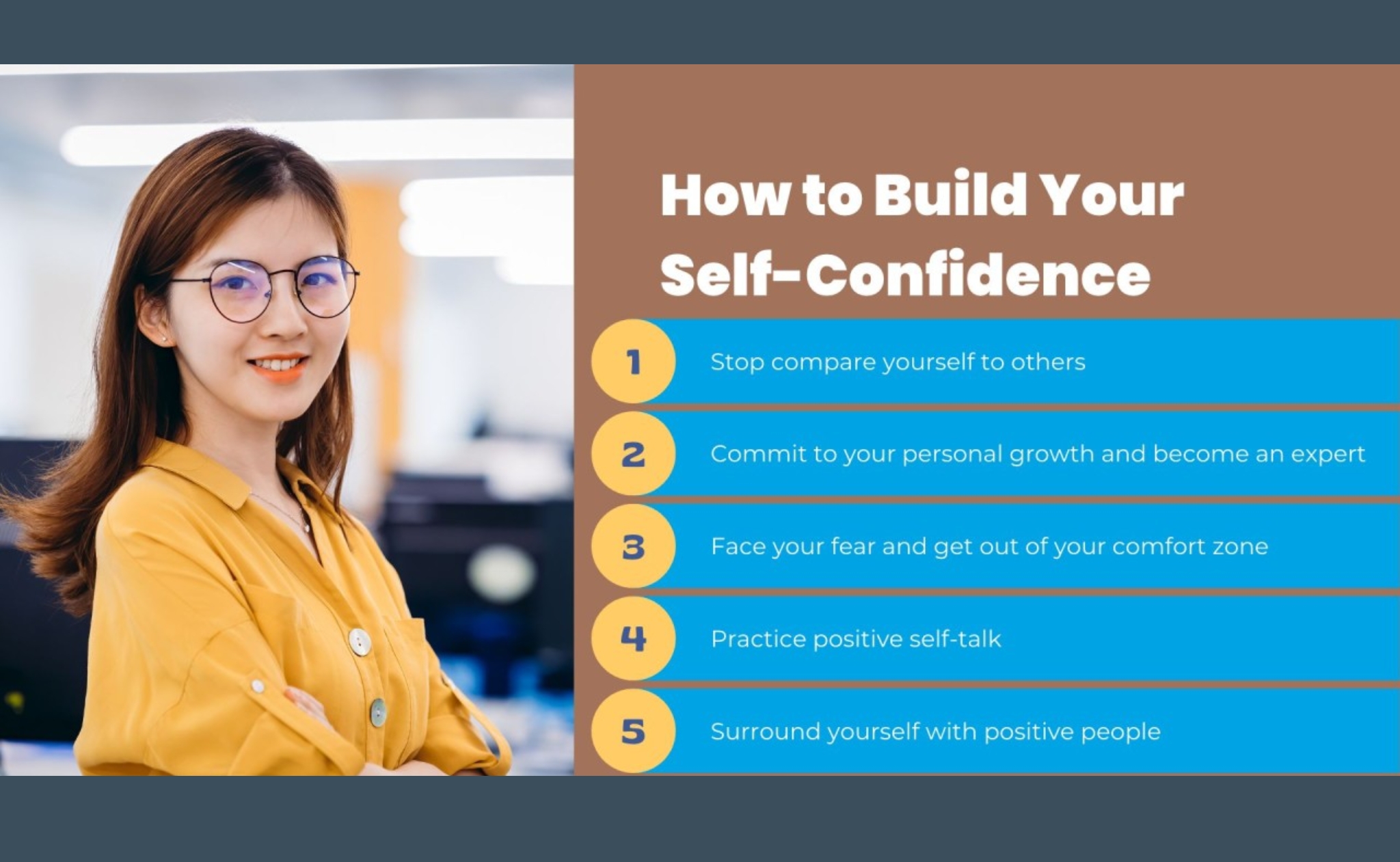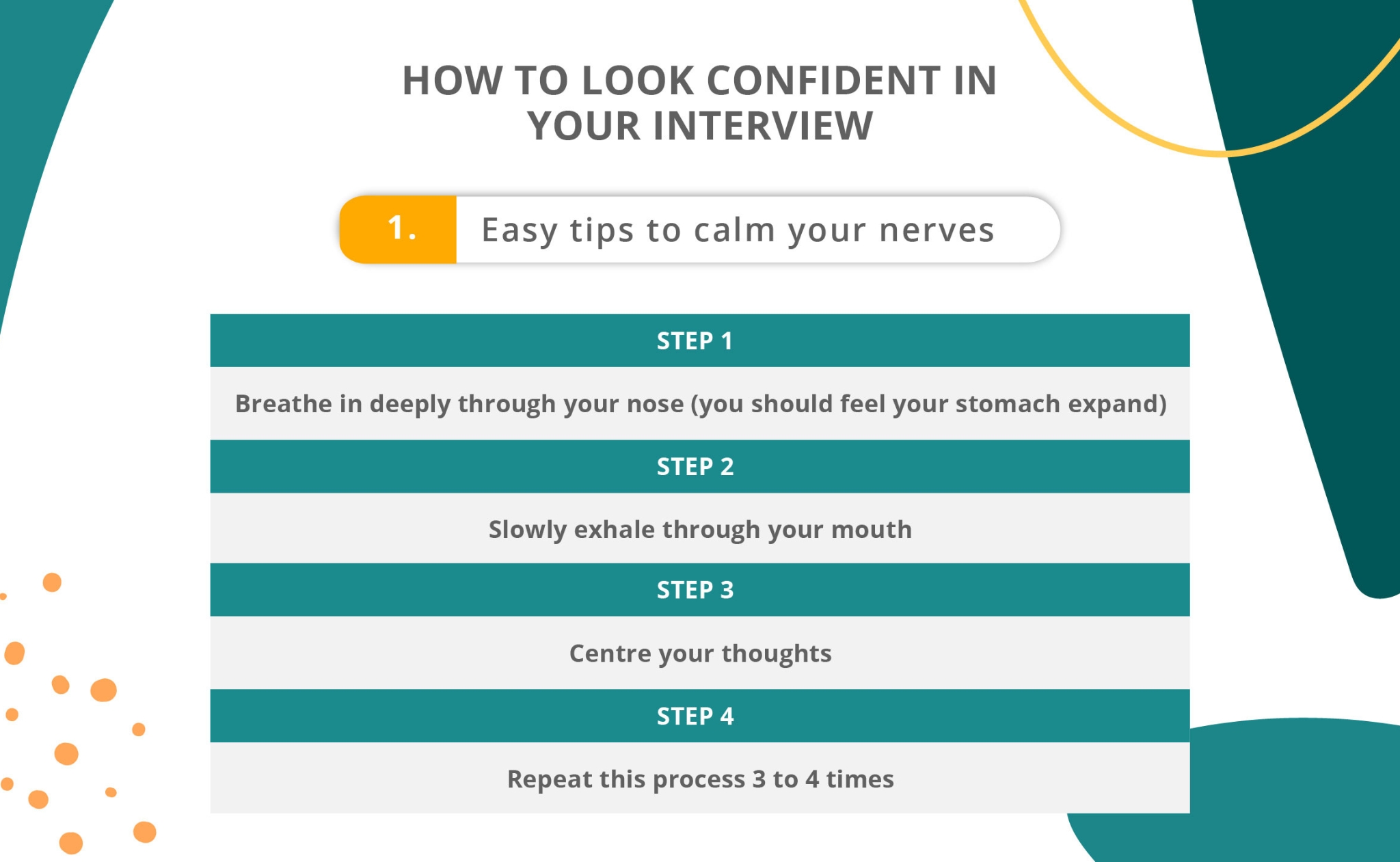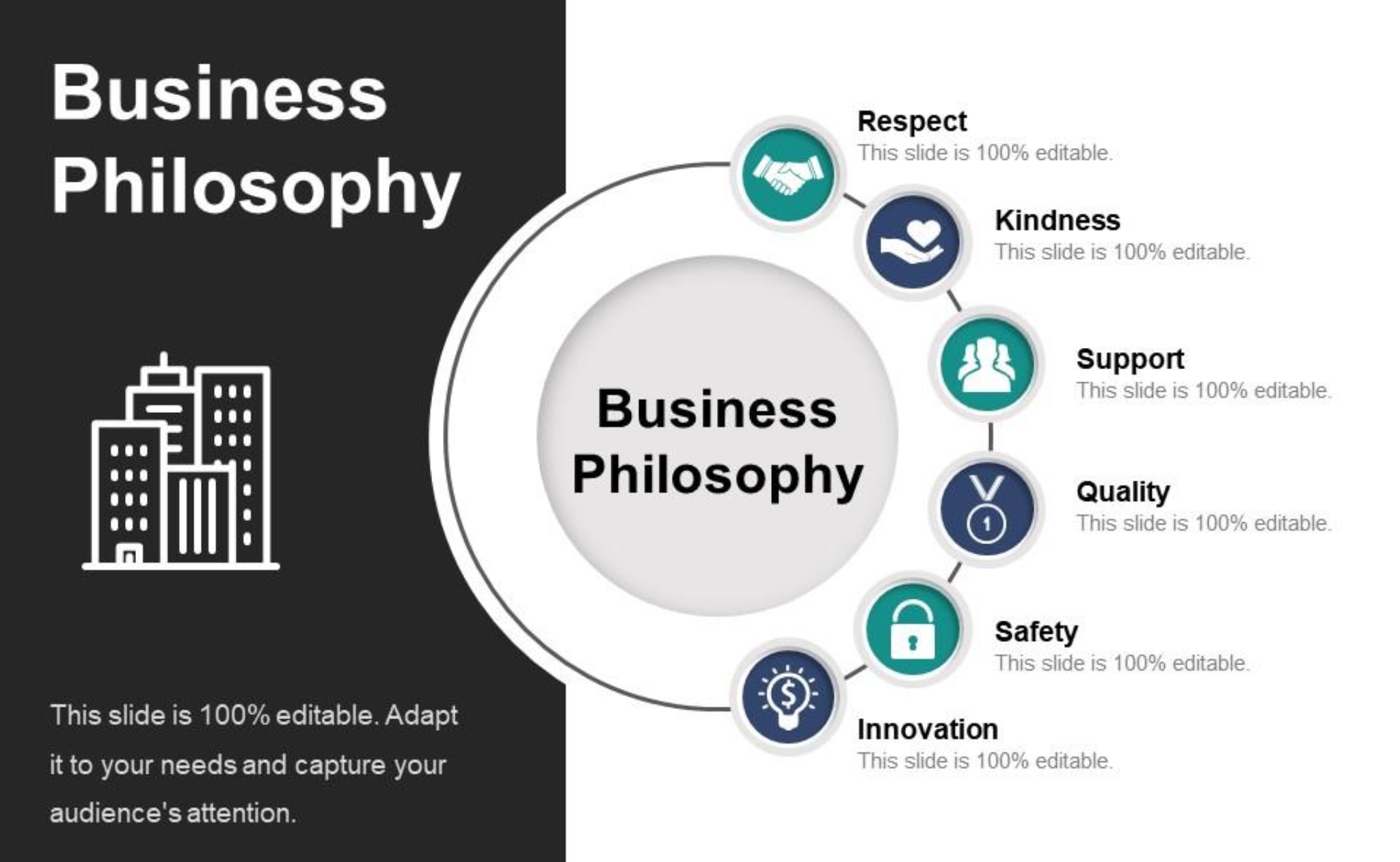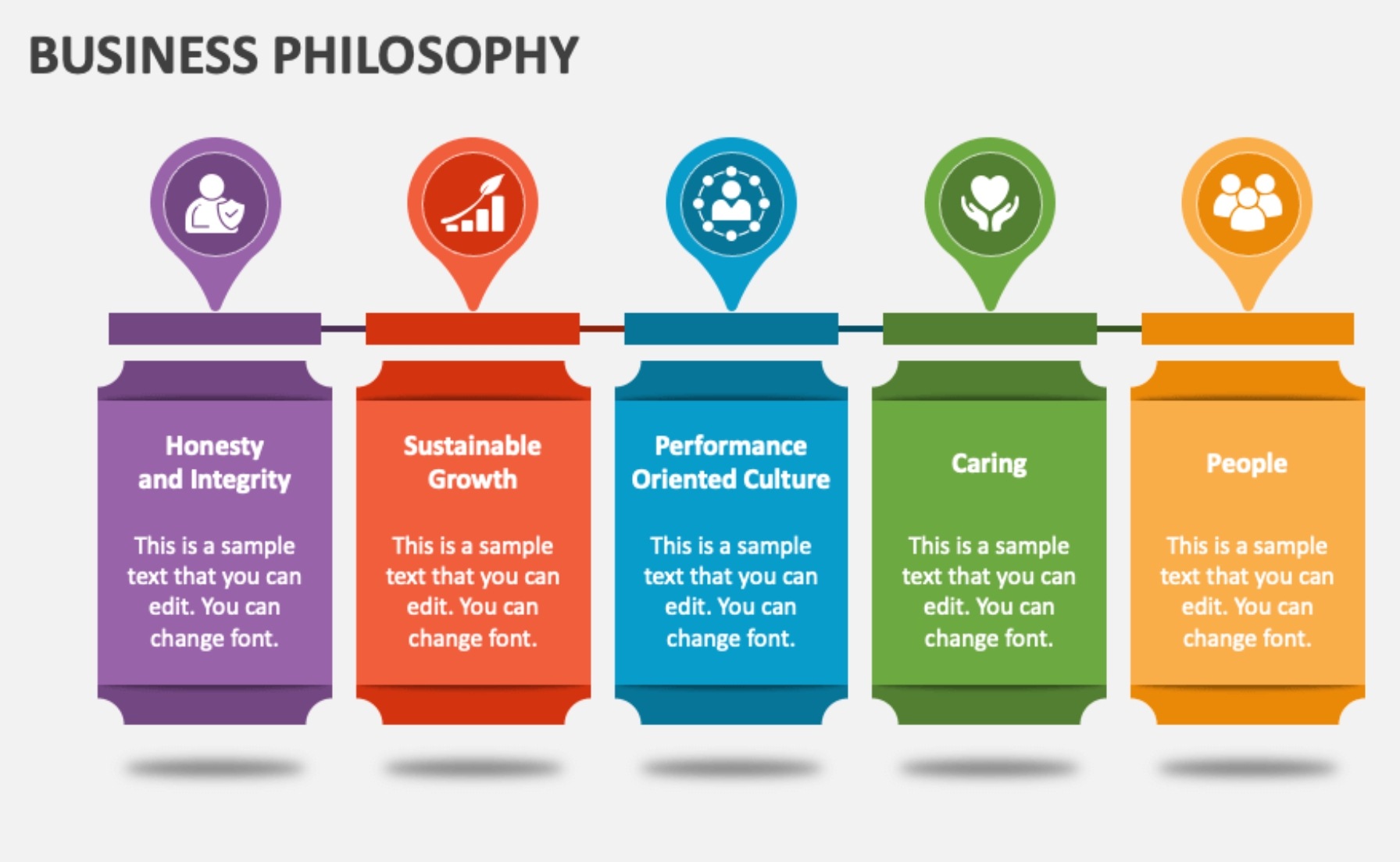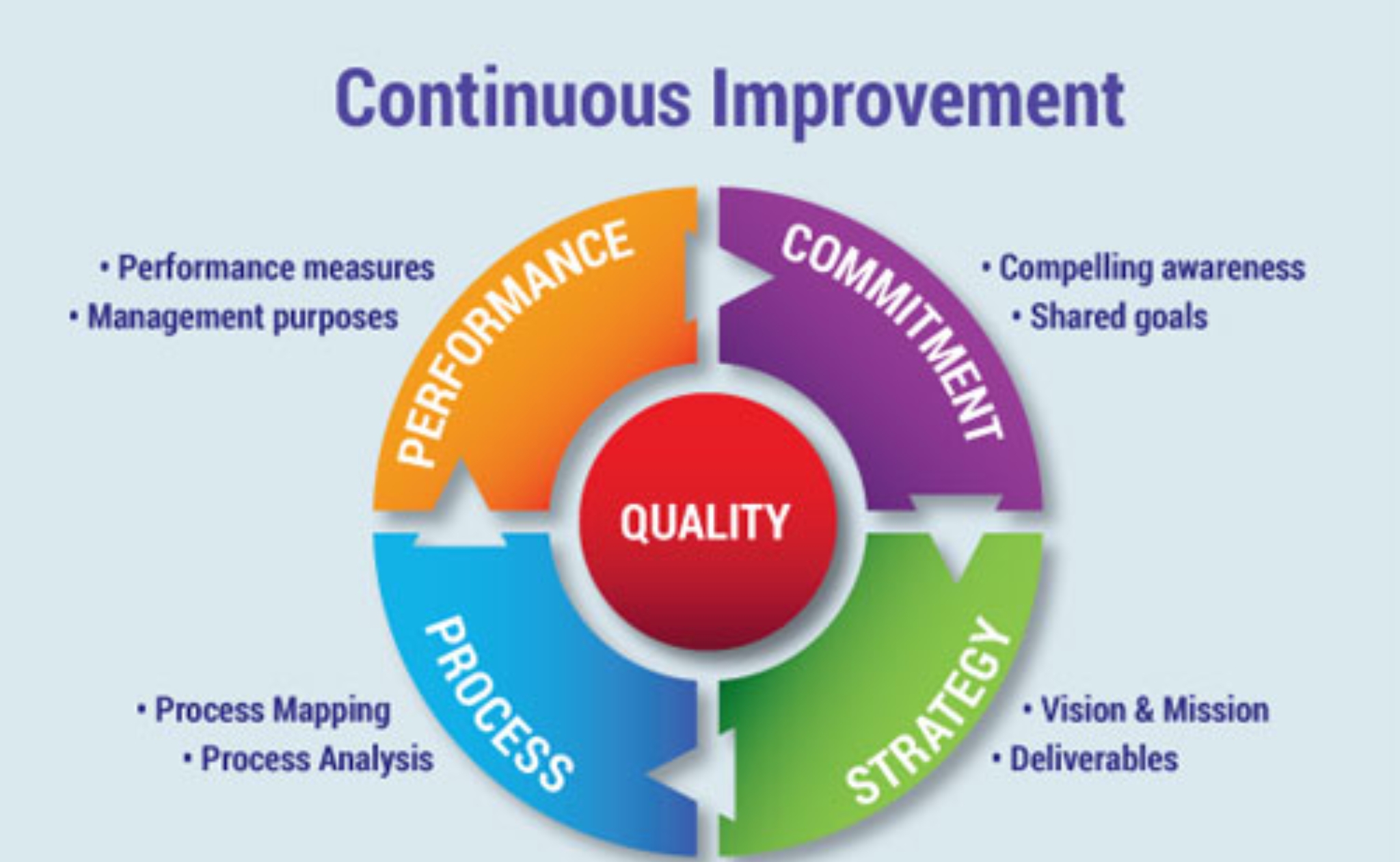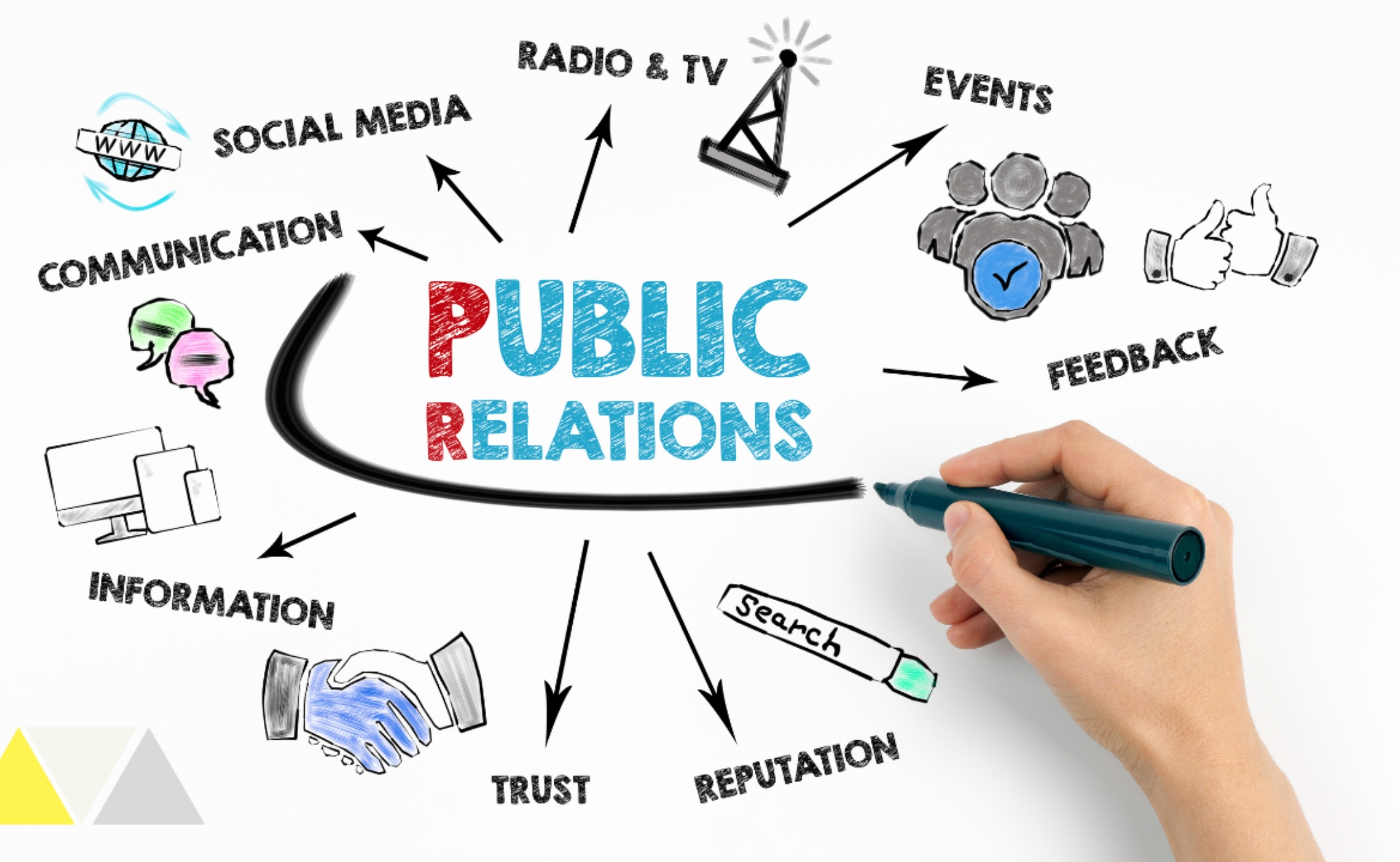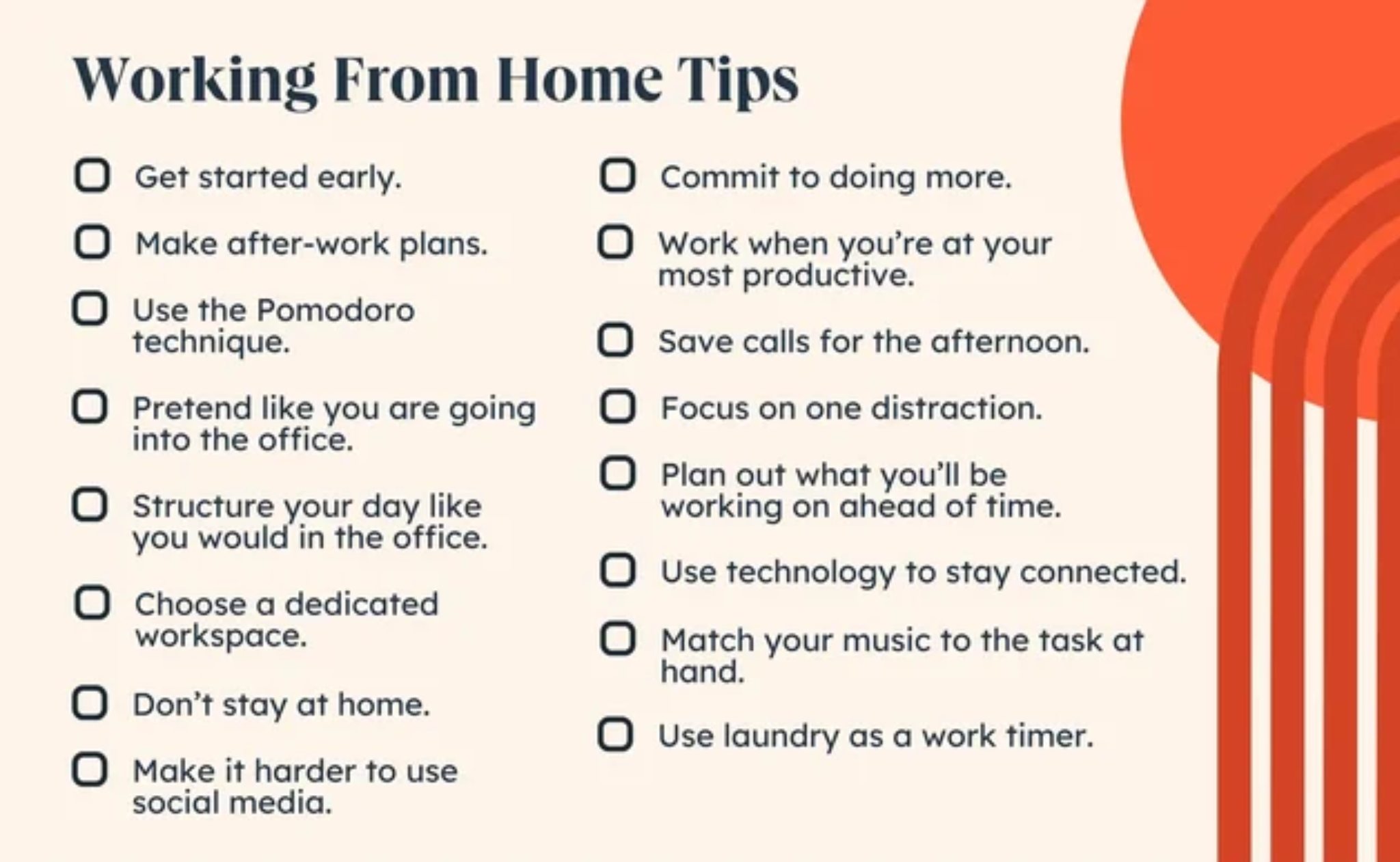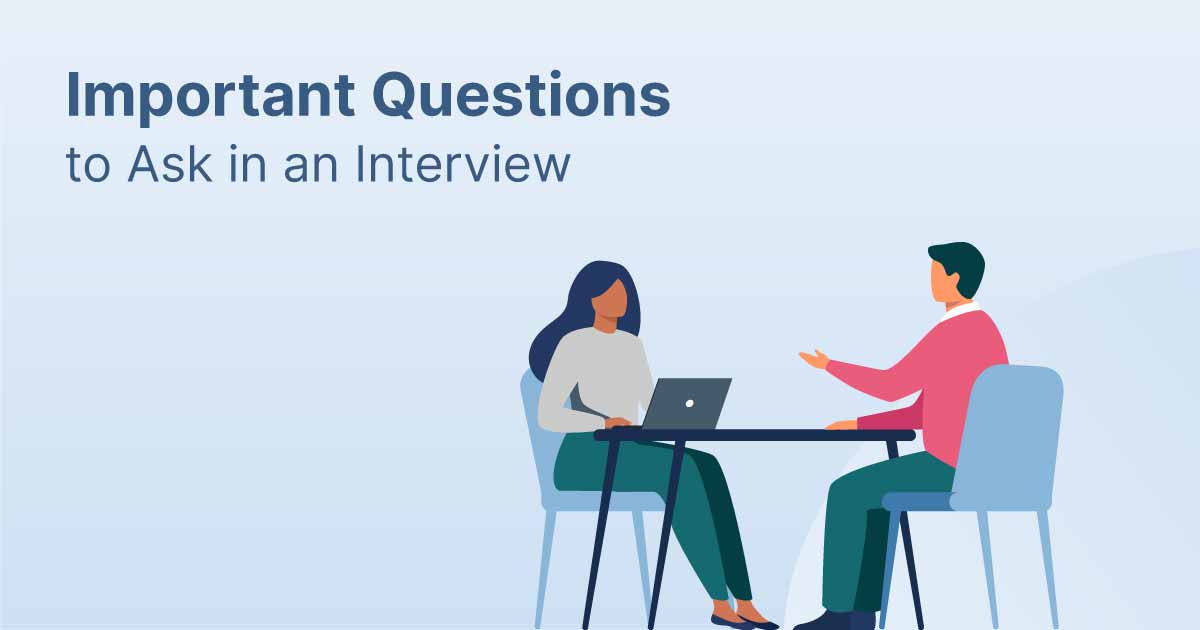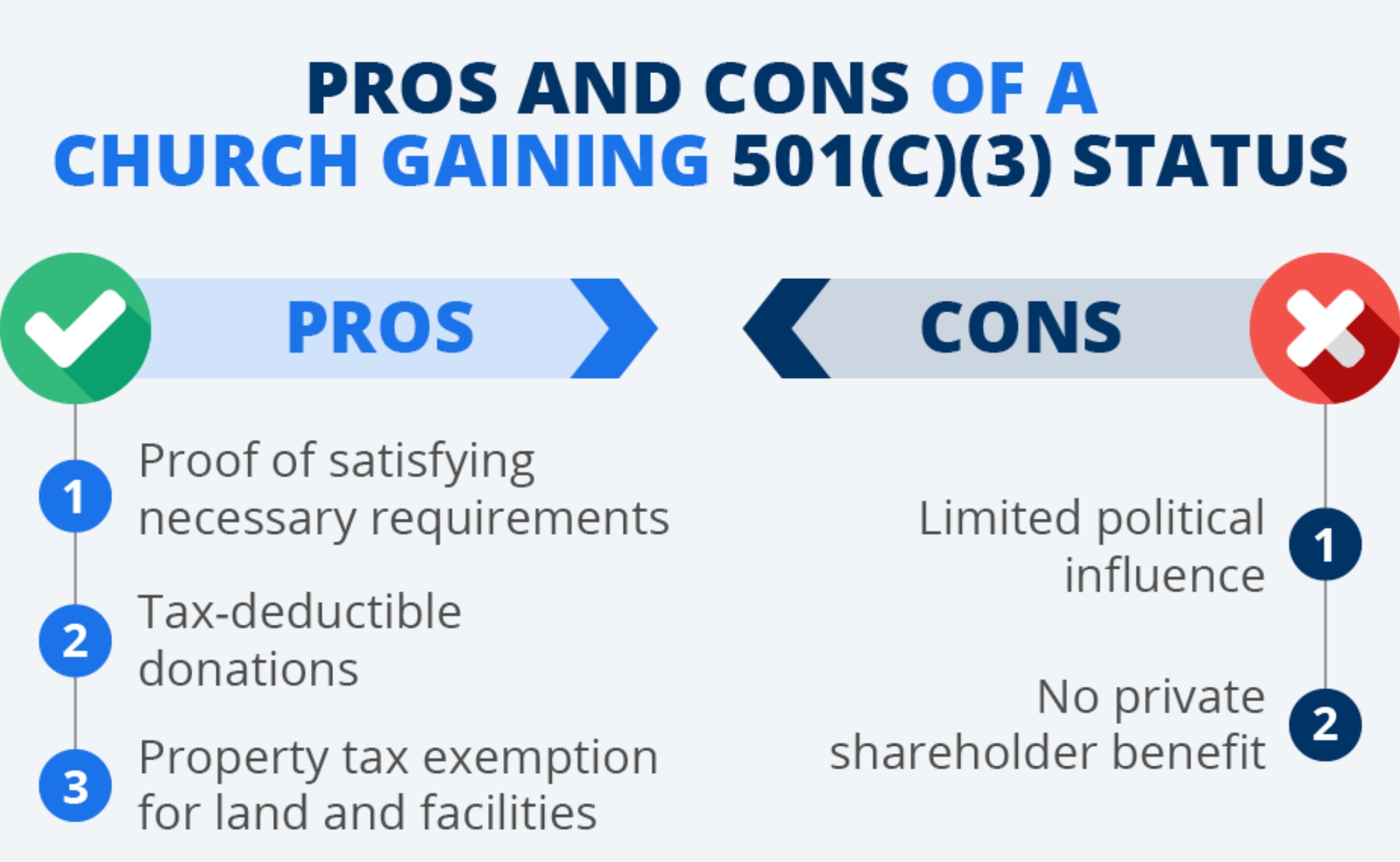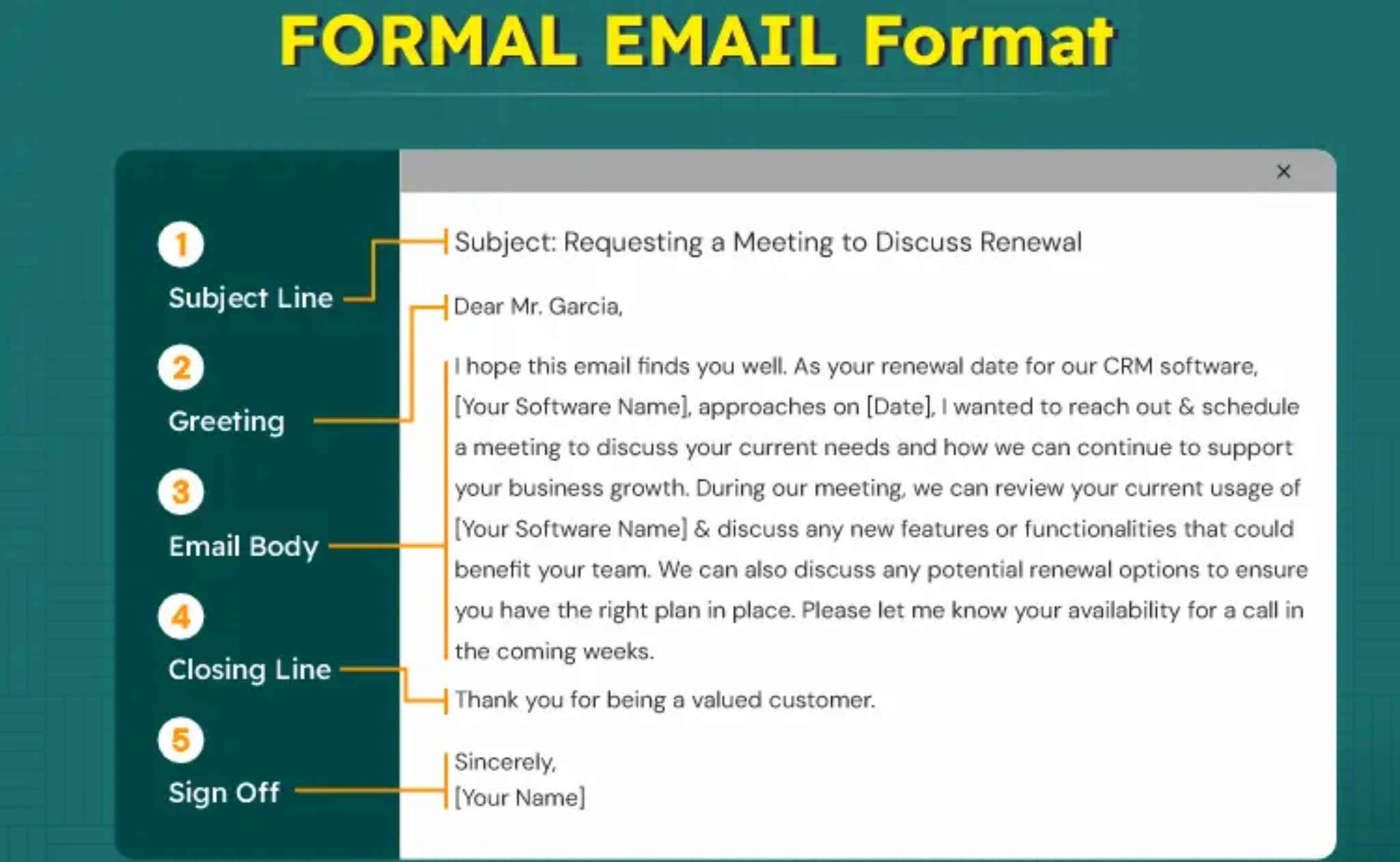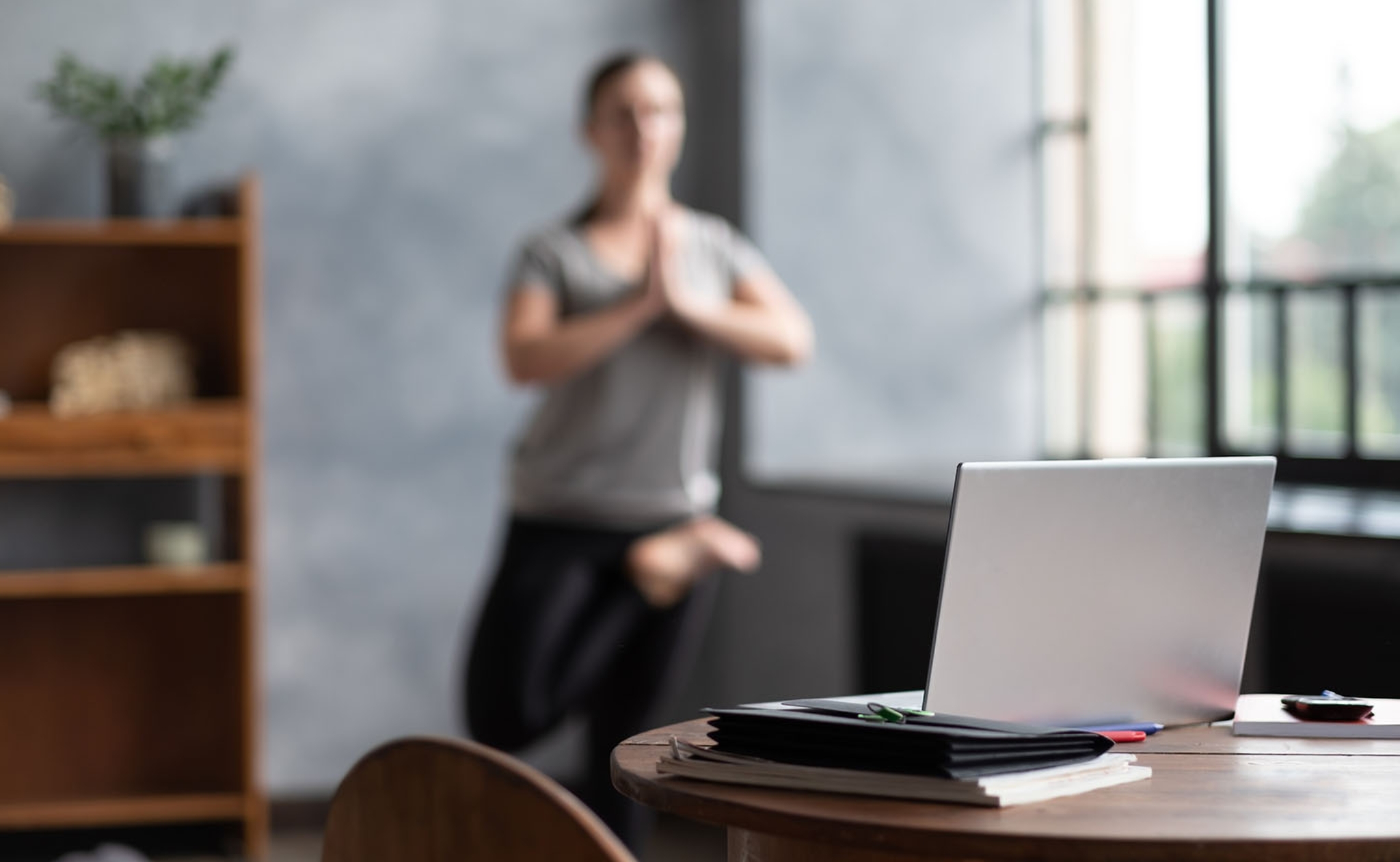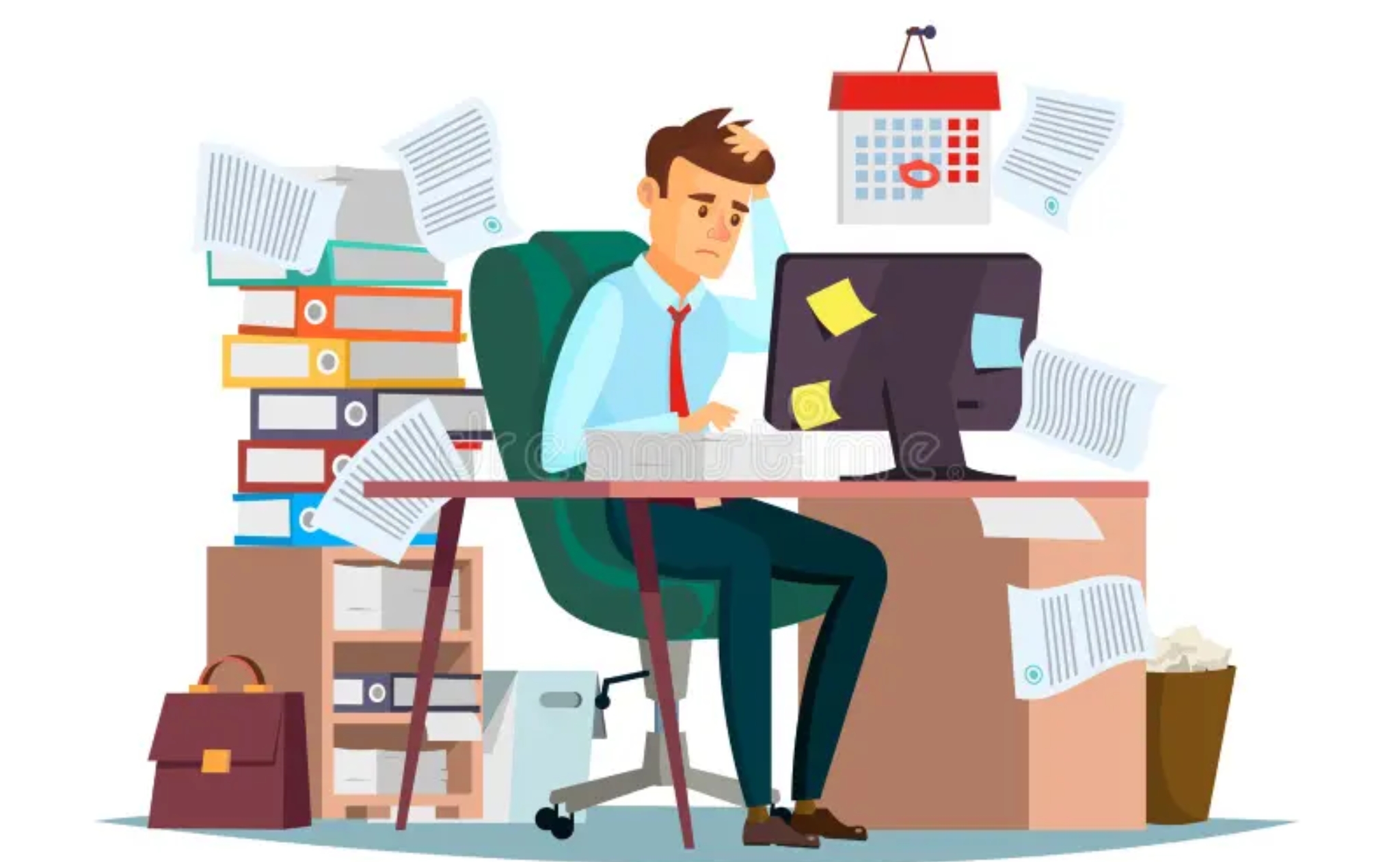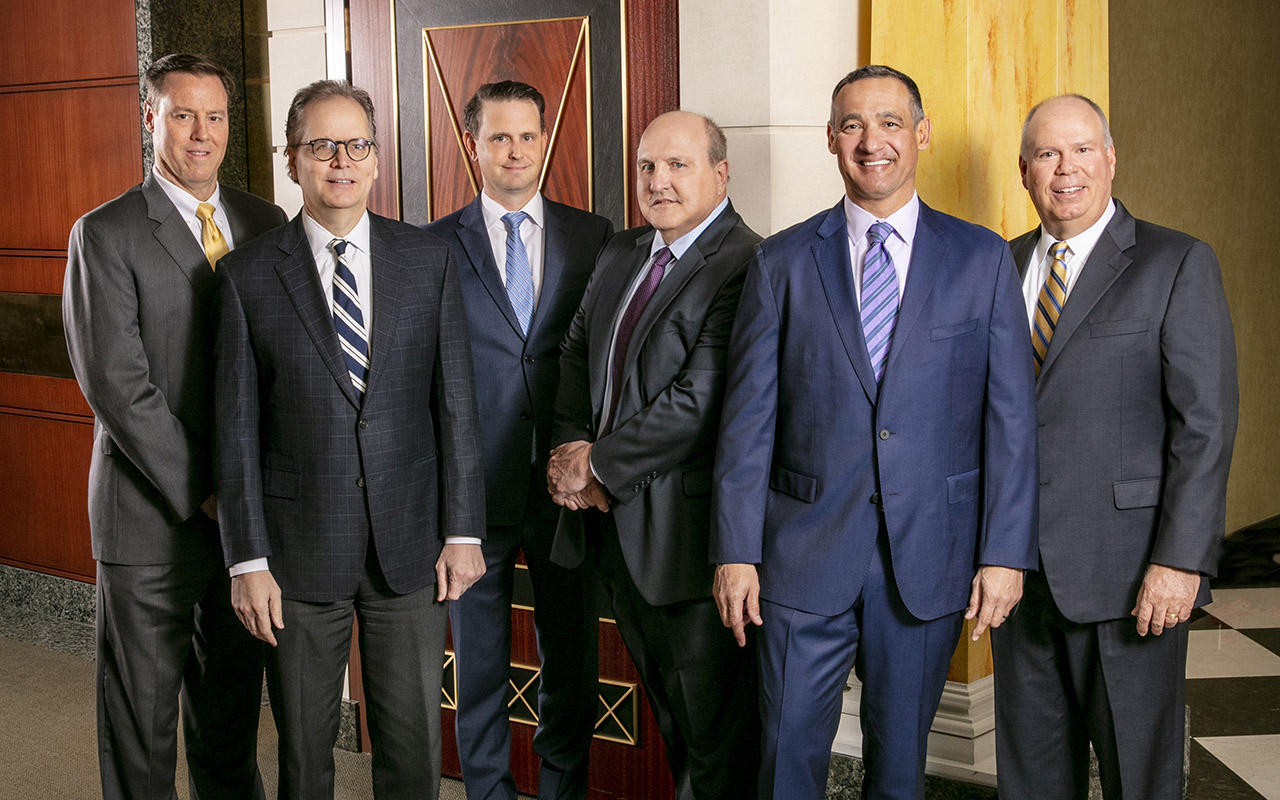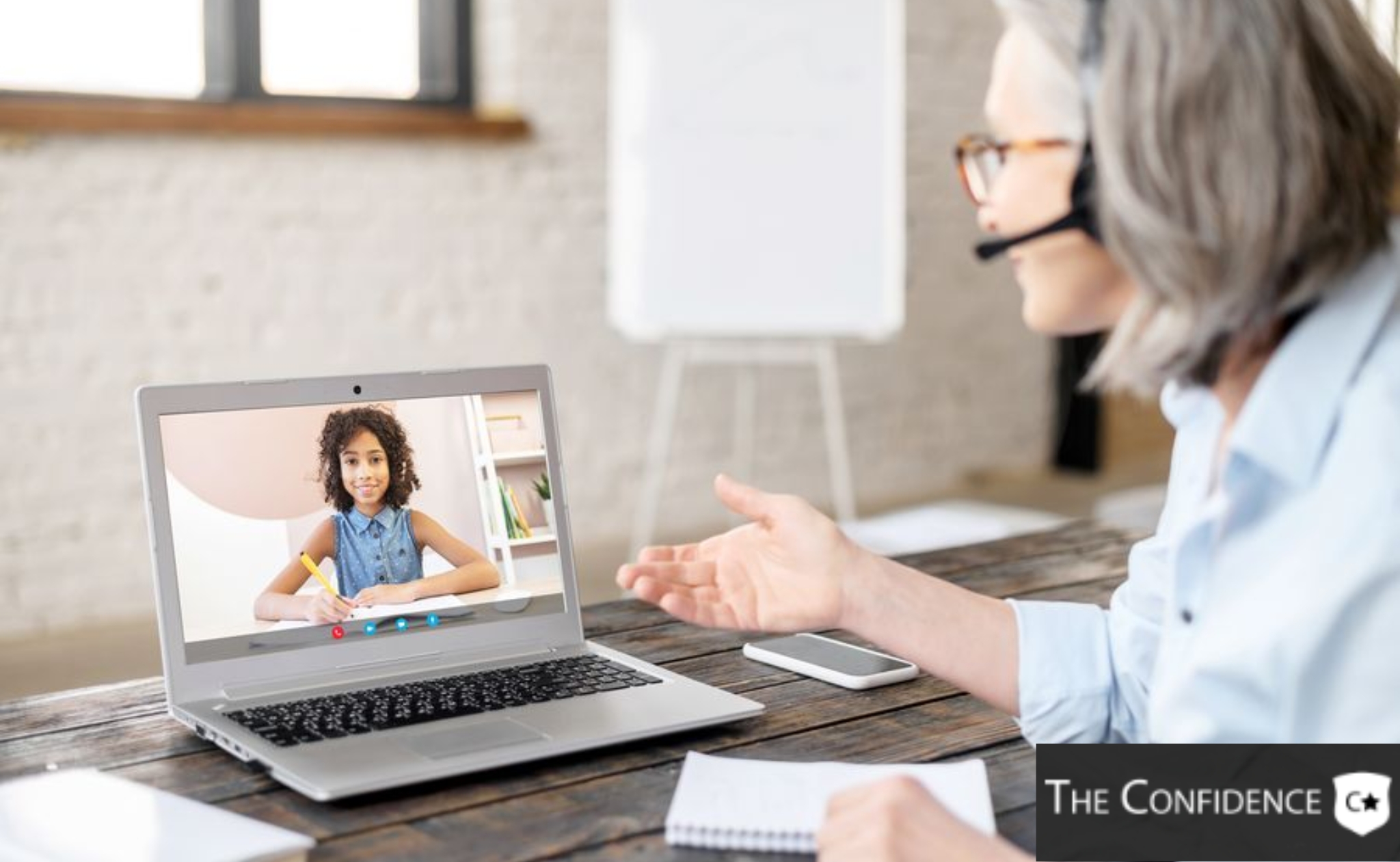Have you ever hung up a call because of the response you got from the receiving end?
Whereas some phone calls project a kind and considerate person willing to offer assistance, some companies deal with complaints related to poor customer handling via the telephone.
As a precautionary measure, different companies set up policies and practices to maintain consistency in answering phone calls. But what are the best ways to answer the phone?
In addition to this article, you may also want to consult with our article on how to end a formal email.
Contents [hide]
Smile
Did you know that a caller can easily guess your mood by the way you talk on the phone? Smiling is scientifically proven to change the tone of one’s voice.
Therefore, the best ways to answer the phone is by maintaining a smile throughout the conversation. By doing so, you create a positive bond with your callers.
Most likely, your callers will reciprocate your gesture. This proven fact is the reason why most customer care centers adopt the “smile and dial” approach.
Hold the Mouthpiece Correctly
The way you hold the phone when talking affects the quality of sound generated to your callers. Whether you are using a smartphone or a headset, ensure the mouthpiece is at the right angle and distance from your mouth.

Having the mouthpiece too far away will make you sound inaudible. On the other hand, having the mouthpiece very close will make you seem like you are shouting at your callers.
To achieve the best positioning, make several test calls to your colleagues and get their opinions on the way you sound on the phone.
Maintain Consistency
The corporate world abhors inconsistencies. This rule applies when answering professional phone calls, too.
Most companies train their employees to use a set of customized answering phrases to maintain a level of consistency in their communications.
As you strive to be consistent, develop unique answering techniques that are only identifiable with you or your organization.
Use your creative sense to incorporate the company’s branding or motto in your welcoming message. Keep these phrases as natural as possible.
Here are some examples of unique phone answering phrases:
- “The sun is up and so are we, ready to serve you at our best. My name is…….. How can I help you today?”
- “Thank you for calling………. My name is…………….. Always ready to serve you. How can I be of assistance to you?”
Video Phone Calls
Modern technology has revolutionized oral communication in the corporate setup. More and more professionals opt to make video calls as a way of cutting telephone costs and holding real-time meetings.
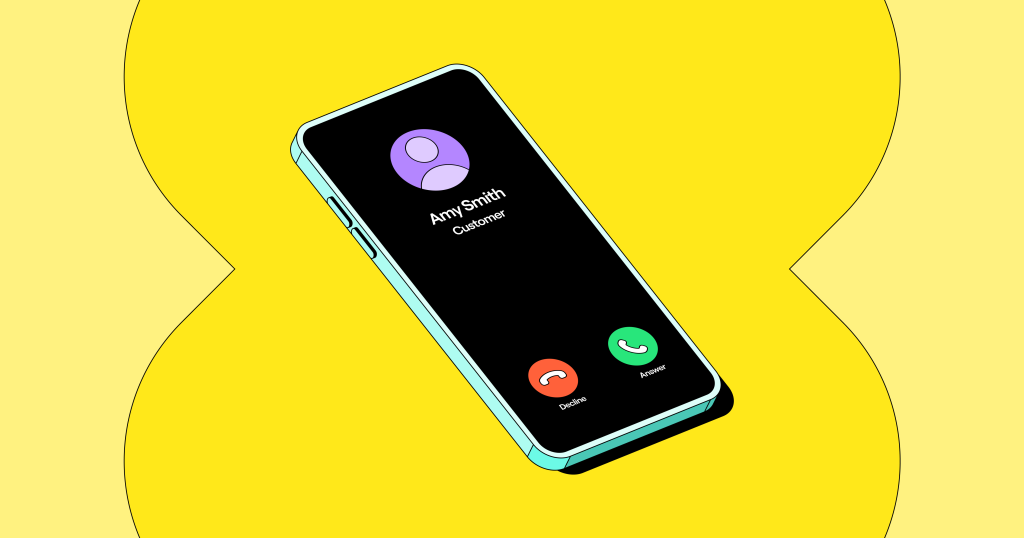
Professional video calls use apps such as Google Hangout, Instagram, Skype, and WhatsApp.
These are the best ways to answer the phone when using a video platform:
- Ensure that your webcam is of good quality.
- Answer the phone in a well-lit area.
- Set your video settings correctly.
- Receive the call in a quiet area with minimal background noise.
- Use a reliable internet connection to minimize delays and disruptions.
- Position the camera above your eyes.
Observe General Phone Etiquette
Just like any other phone call, ensure you observe the basic rules of phone etiquette when answering a professional phone call as follows:
- Identify yourself. Mention your name and department.
- Never interrupt your callers when they are speaking.
- Avoid having food, chewing gum, or anything else in your mouth when talking.
- Be courteous.
- Speak slowly and clearly when leaving a message for an automated voice mail recording.
- Know how to use the hold and transfer features appropriately.
- Take a break in between phone calls to refresh, rehydrate, and regain your energy.
- Let your callers know what you are doing.
- Offer reassurance to an angry or an emotionally charged caller.
- Sign off correctly. Never hang up on a caller.

Additional Tips
These additional tips offer the best ways to answer the phone.
- Invest in modern telephone technology and make regular updates on your telephone’s software. Understand how to use these technologies correctly.
- Drink a lot of water, especially when handling many phone calls. It keeps your voice fresh and clear.
- Practice your pronunciation techniques. Know how to say different words correctly to minimize miscommunications.
- Learn the art of listening. It helps to provide the right response.
Learn From Past Mistakes
Despite using the best efforts, occasionally, you may find yourself in trouble when answering a phone call, especially with difficult clients.
Sometimes you need to quickly apologize for your mistake and move on.
Use such incidents as a point of reference in the future. Make a proactive move by improving your hardware, language skills, or your working environment to perfect your phone answering skills.
Plan Ahead
The general reason why most people call is that they need your assistance or input in one way or the other.
Therefore, tune yourself to be polite when giving your response. Understand what your company offers and what most clients want. Once you receive that call, you don’t have to keep them waiting in line as you consult.
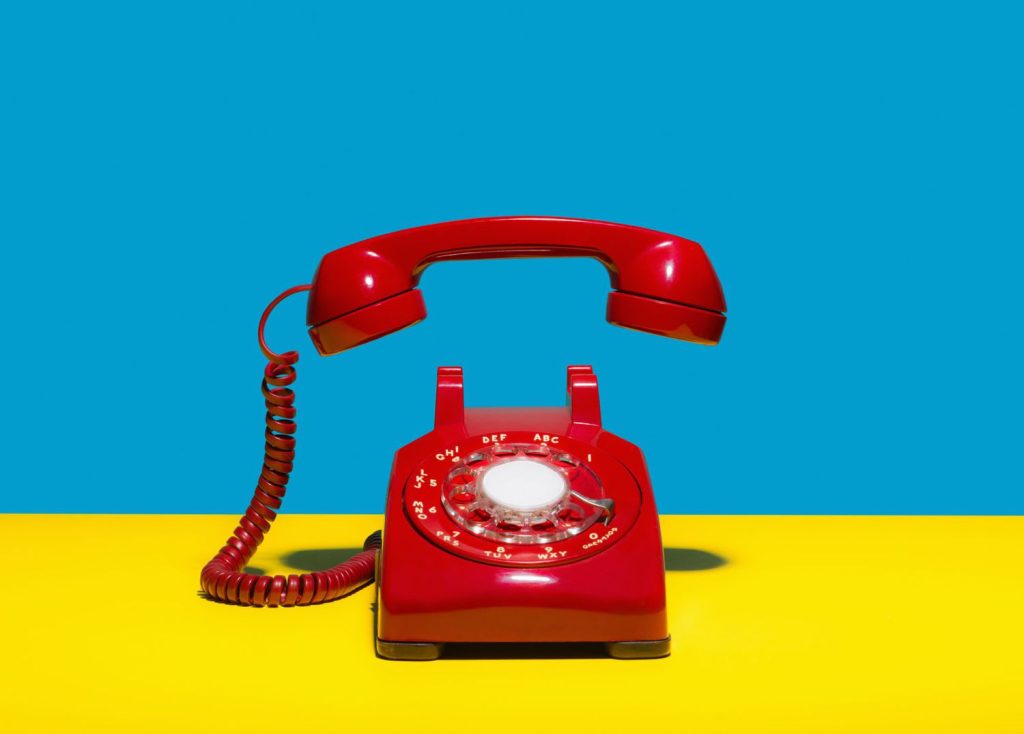
In instances where you feel you are not well equipped to offer assistance, politely inquire from the caller if they would be OK with you transferring the call to another person.
If you plan ahead, you’ll always know the right people to transfer calls to, depending on their areas of expertise.
Never Keep Your Callers Waiting For Too Long
An incoming call should only ring three times at most before you answer it. It looks rude when you keep your callers on hold unnecessarily.
It is even worse when the caller gets the impression that you are intentionally forcing him/her to listen to your telephone company promotional on-hold messages.
However, when you can’t avoid this, make use of an automated answering service that will alert the callers of your unavailability. Hence, the caller will decide whether he or she wants to wait or will call some other time.
Conclusion
Now that you know the best ways to answer the phone, practice these skills until they become natural to you.
You can alter your techniques as you change your audience. Use what is most appropriate in your current circumstances.
As you maintain professional interactions with third parties, you gain a level of trust necessary to be effective in executing your duties. Use the above tips to create a lasting impression on your callers.



































